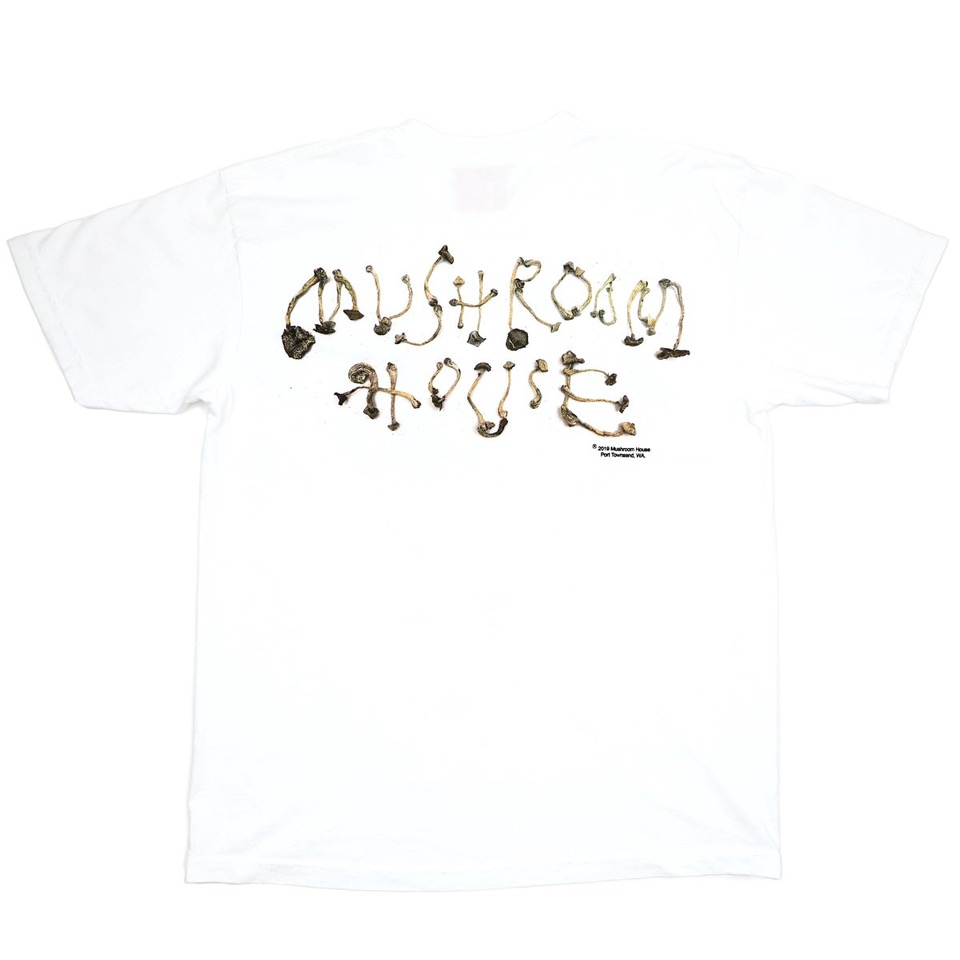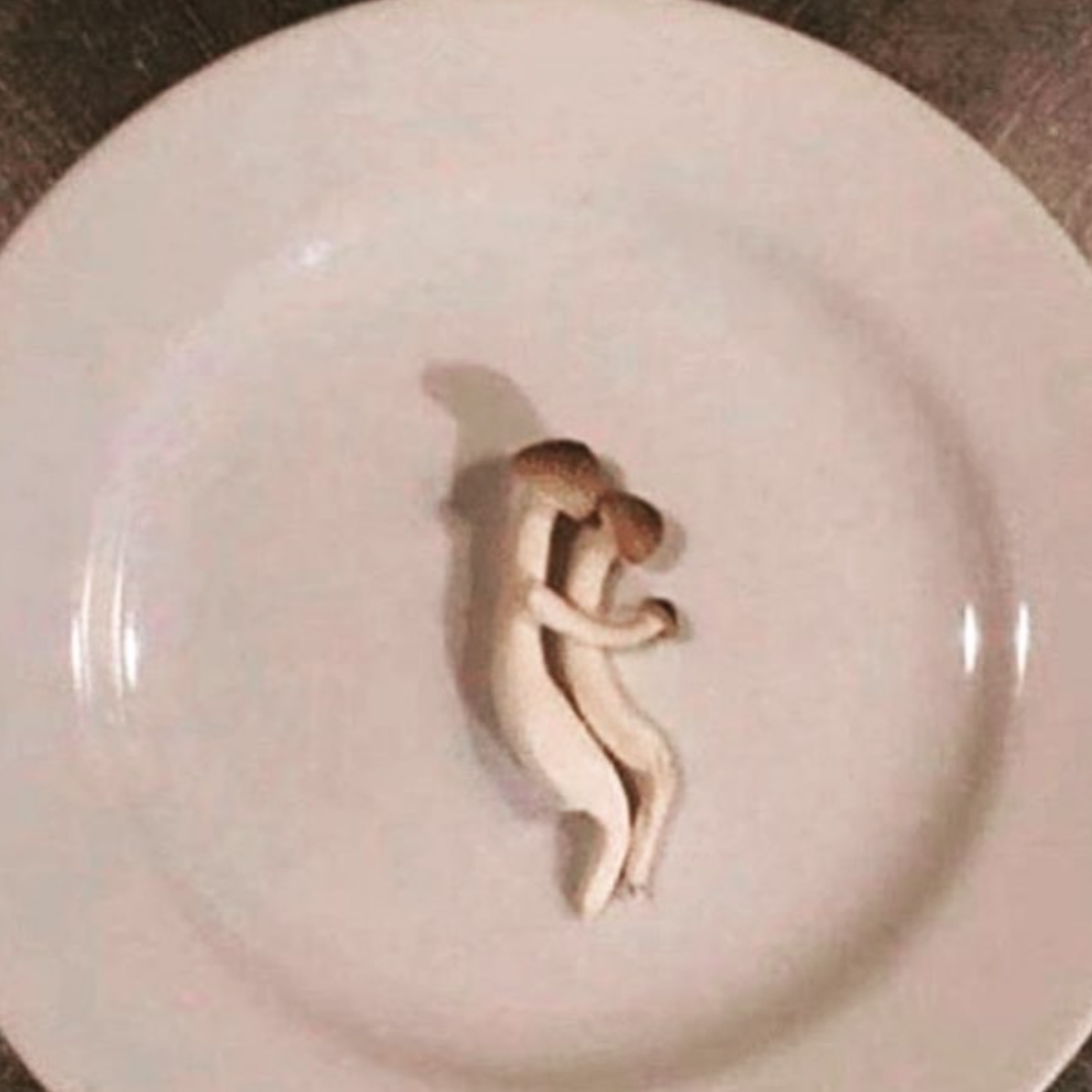The ancient world knows the cynic (better: kynic) as a lone owl and as a provocative, stubborn moralist. Diogenes in the tub is the archetype of this figure. In the picture book of social characters he has always appeared as a distance-creating mocker, as a biting and malicious individualist who acts as though he needs nobody and who is loved by nobody because nobody escapes his crude unmasking gaze uninjured. Socially he is an urban figure who maintains his cutting edge in the goings-on of the ancient metropolises. He could be characterized as the earliest example of declassed or plebeian intelligence. His “cynical” turn against the arrogance and the moral trade secrets of higher civilization presupposes the city, together with its successes and shadows. Only in the city, as its negative profile, can the figure of the cynic crystallize in its full sharpness, under the pressure of public gossip and universal love-hate. And only the city can assimilate the cynic, who ostentatiously turns his back on it, into the group of its outstanding individuals, on whom its liking for unique, urbane personalities depends.
The fertile ground for cynicism in modern times is to be found not only in urban culture but also in the courtly sphere. Both are dies of pernicious realism through which human beings learn the crooked smile of open immorality. Here, as there, a sophisticated knowledge accumulates in informed, intelligent minds, a knowledge that moves elegantly back and forth between naked facts and conventional facades. From the very bottom, from the declassed, urban intelligensia, and from the very top, from the summits of statesmanly consciousness, signals penetrate serious thinking, signals that provide evidence of a radical, ironic treatment (Ironisierung) of ethics and of social conventions, as if universal laws only existed for the stupid, while that fatally clever smile plays on the lips of those in the know. More precisely, it is the powerful who smile this way, while the kynical plebeians let out a satirical laugh. In the great hall of cynical knowledge the extremes meet: Eulenspiegel meets Richilieu; Machiavelli meets Rameau’s nephew; the loud Condottieri of the Renaissance meet the elegant cynics of the rococo; unscrupulous entrepreneurs meet disillusioned outsiders; and jaded systems strategists meet conscientious objectors without ideals.
Since bourgeois society began to build a bridge between the knowledge of those at the very top and those at the very bottom and announced its ambition to ground its worldview completely on realism, the extremes have dissolved into each other. Today the cynic appears as a mass figure: an average social character in the upper echelons of the elevated superstructure. It is a mass figure not only because advanced industrial civilization produces the bitter loner is a mass phenomenon. Rather, the cities themselves and become diffuse clubs whose power to create generally accepted public characters has been lost. The pressure toward individualization has lessened the modern urban and media climate. Thus modern cynics— and there have been mass numbers of them in Germany, especially since the First World War— are no longer outsiders. But less than ever do they appear as tangibly developed type. Modern mass cynics lose their individual sting and refrain from the risk of letting themselves be put on display. They have long since ceased to expose themselves as eccentrics to the attention and mockery of others. The person with the clear, "evil gaze" has disappeared into the crowd; anonymity now becomes the domain for cynical deviation. Modern cynics are integrated, asocial characters who, on the score of subliminal illusionlessness, are a match for any hippie. They do not see their clear, evil gaze as a personal defect or an amoral quirk that needs to be privately justified. Instinctively, they no longer understand their way of existing as something that has to do with being evil, but as participation in a collective, realistically attend way of seeing things. It is the universally widespread way in which enlightened people see to it that they are not taken for suckers. There even seems to be something healthy in this attitude, which, after all, the will to self-preservation generally supports. It is the stance of people who realize that at times of naïveté are gone.
Psychologically, present-day cynics can be understood as borderline melancholics, who can keep their symptoms of depression under control and can remain more or less able to work. Indeed, this is the essential point in modern cynicism: the ability of its bearers to work— in spite of anything that might happen, and especially, after anything that might happen. The key social compositions in boards, parliaments, commissions, executive councils, publishing companies, practices, faculties, and lawyers' and editors' offices have long since become a part of this diffuse cynicism. A certain chic bitterness provides an undertone to its activity. For cynics are not dumb, and every now and then they certainly see the nothingness to which everything leads. Their psychic (seelisch) apparatus has become elastic enough to incorporate a survival factor of permanent doubts about their own activities. They know what they are doing, but they do it because, in the short run, the force of circumstances and the instinct for self-preservation are speaking the same language, and they are telling them that it has to be so. Others would do it anyway, perhaps worse. Thus, the new, integrated cynicism even has the understandable feeling about itself of being a victim and making sacrifices. Behind the capable, collaborative, hard façade, it covers up a massive offensive unhappiness and the need to cry. In this, there is something of the mourning for a "lost innocence," of the mourning for better knowledge, against which all action and labor are directed.
Thus, we come to our first definition: cynicism is enlightened false consciousness. It is that modernized, unhappy consciousness, on which enlightenment has labored both successfully and in vain. It has learned its lessons in enlightenment, but it has not, and probably was not able to, put them into practice. Well-off and miserable at the same time, this consciousness no longer feels affected by any critique of ideology; it's falseness is already reflexively buffered.
"Enlightened false consciousness": To choose such a formulation seems to be a blow against the tradition of enlightenment. The sentence itself is cynicism in a crystalline state. Nonetheless, it claims an objective validity (sachlich); its content and its necessity are developed in the present essay. Logically it is a paradox, for how could enlightened consciousness still be false? This is precisely the issue here.
To act against better knowledge is today the global situation in the superstructure; it knows itself to be without illusions and yet to have been dragged down by the “power of things.” Thus what is regarded in logic as a paradox and in literature as a joke appears in reality as the actual state of affairs. Thus emerges a new attitude of consciousness toward “objectivity.”
The characteristic odor of modern cynicism is a more fundamental nature—a constitution of consciousness afflicted with enlightenment that, having learned from historical experience, refuses cheap optimism. New values? No thanks! With the passing of defiant hopes, the listlessness of egoisms pervades. In the new cynicism, a detached negativity comes through that scarcely allows itself any hope, at most a little irony and pity.
In order to survive, one must be schooled in reality. Of course. Those who mean well call it growing up, and there is a grain of truth to that. But that is not all. Always a bit unsettled and irritable, collaborating consciousness looks around for its lost naïveté, to which there is no way back, because consciousness-raising is irreversible.
Gottfried Benn, himself one of the prominent speakers on the structure of modern cynicism, has probably provided the formulation of the century for cynicism, lucid and unabashed: “To be dumb and have a job, that’s happiness.” But it is the converse of the sentence that really reveals its full content: “To be intelligent and still perform one’s work, that is unhappy consciousness in its modernized form, afflicted with enlightenment. Such consciousness cannot become dumb and trust again; innocence cannot be regained. It persists in its belief in the gravitational pull of the relations to which it is bound by its instinct for self-preservation. In for a penny, in for a pound. At two thousand marks net a month, counterenlightenment quietly begins; it banks on the fact that all those who have something to lose come to terms privately with their unhappy consciousness or cover it over with “engagements.”
The new cynicism, precisely because it is lived as a private disposition that absorbs the world situation, does not glaringly draw attention to itself in a way that would correspond to the concept itself. It envelops itself in discretion—as we will soon see, this is a key word for charmingly mediated alienation. The self-cognizant accommodation, which has sacrificed its better judgement to “compulsions,” no longer sees any reason to expose itself aggressively and spectacularly. There is a nakedness that no longer has an unmasking effect and in which no “naked fact” appears on whose grounds one could position oneself with serene realism. there is something lamentable about the neocynical accommodation to given circumstances; it is no longer self-confidently naked. For this reason it is also methodologically quite difficult to bring this diffuse, murky cynicism to expression. It has withdrawn into a mournful detachment that internalizes its knowledge as though it were something to be ashamed of, and as a consequence, it is rendered useless for taking the offensive. The great offensive parades of cynical impudence have become a rarity; ill-humor has taken its place, and there is no energy left for sarcasm. Gehlen even thought that today not even the English can be cutting any more because their reserves of dissatisfaction have been consumed and the rationing of stocks has begun. The discontent that follows offensives does not open its mouth wide enough for enlightenment to gain anything.
A critique of cynical reason would remain an academic glass bead game if it did not pursue the connection between the problem of survival and the danger of fascism. In fact, the question of “survival,” of self-preservation and self-assertion, to which all cynicisms provide answers, touches on the central problem of holding the fort and planning for the future in modern nation-states.
Perhaps these considerations about cynicism, as the fourth configuration of false consciousness, will help to overcome the characteristic speechlessness of genuinely philosophical critique regarding so-called Fascist ideology. Philosophy as a “discipline” has no real thesis about “theoretical fascism” because it basically considers the latter to be beneath all critique. The explanations of fascism as nihilism (Rauschning et al.) or as the product of “totalitarian thinking” remain diffuse and imprecise. The “inauthentic,” patchwork character of Fascist ideology has already been sufficiently emphasized, and everything it wanted to represent as substantial statements has long since been radically criticized by the individual sciences: psychology, political science, sociology, historiography. For philosophy, the programmatic statements of fascism do not even rate as a serious, substantial ideology over which a reflective critique would really have to toil. But herein lies the weak point—of critique. It remains fixated on “serious opponents,” and with this attitude it neglects the task of comprehending the ideological template of “unserious,” shallow “systems.” To this day, critique has thus not been a match for this modern blend of opinion and cynicism. But since questions of social and individual self-preservation are discussed precisely in such blends, there are good reasons for concerning oneself with their composition. Questions of self-preservation must be approached in the same language as those of self-destruction (Selbstvernichtung). The same logic in the repudiation of morality seems to operate in them. I call it the logic of the “cynical structure,” that is, of the self-repudiation of refined ethics. Elucidating this structure will clarify what it would mean to opt for life.

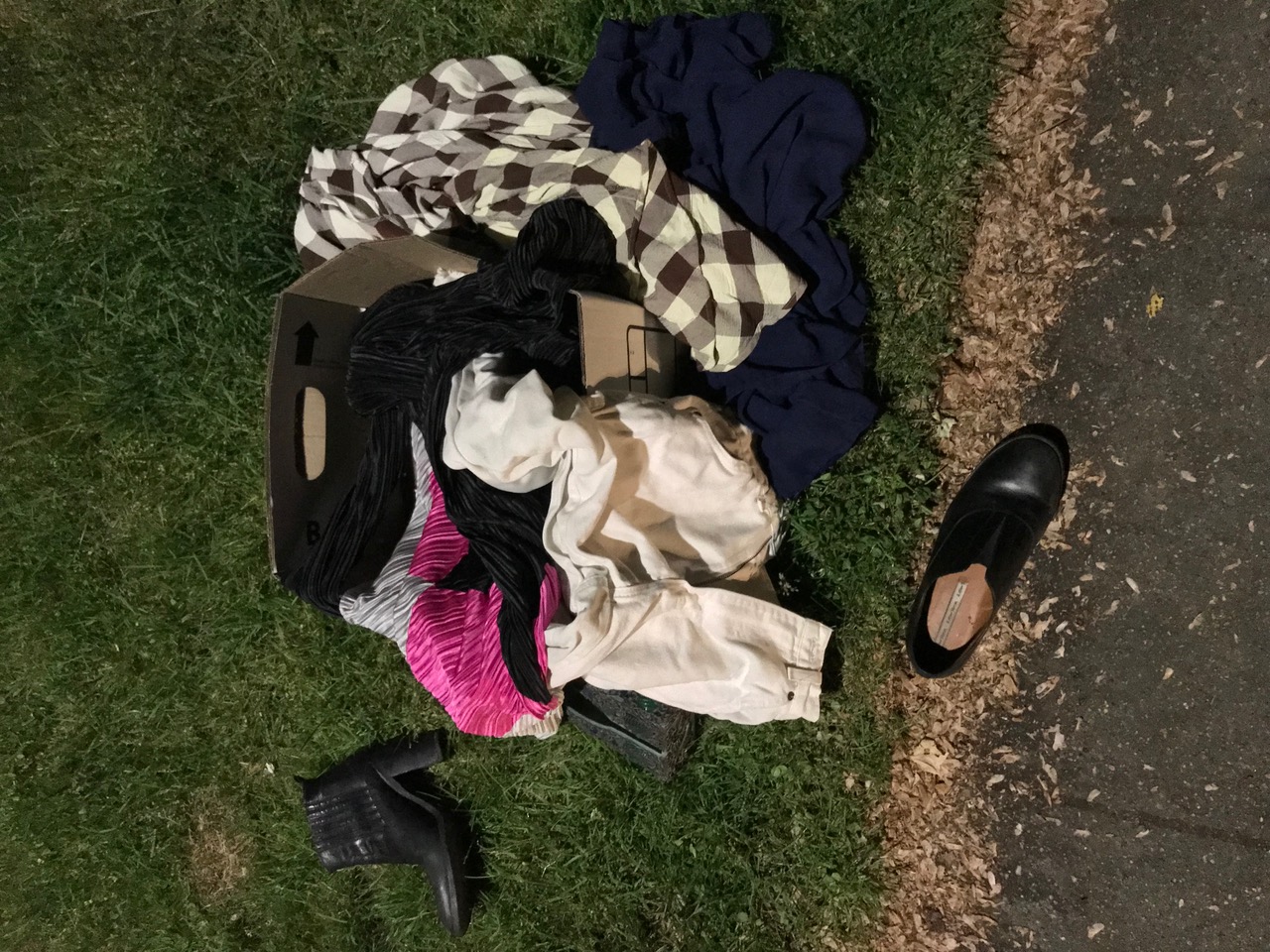
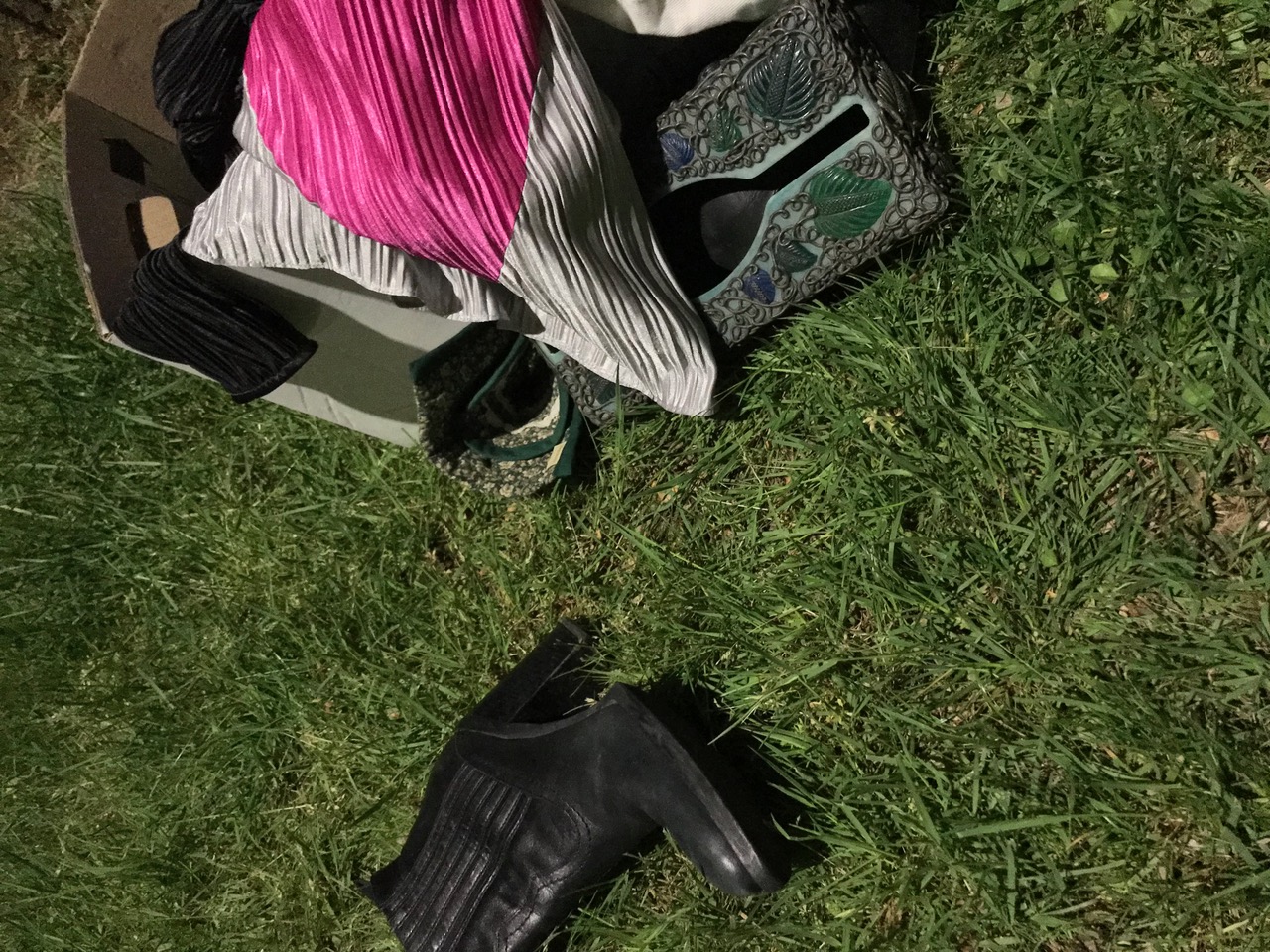
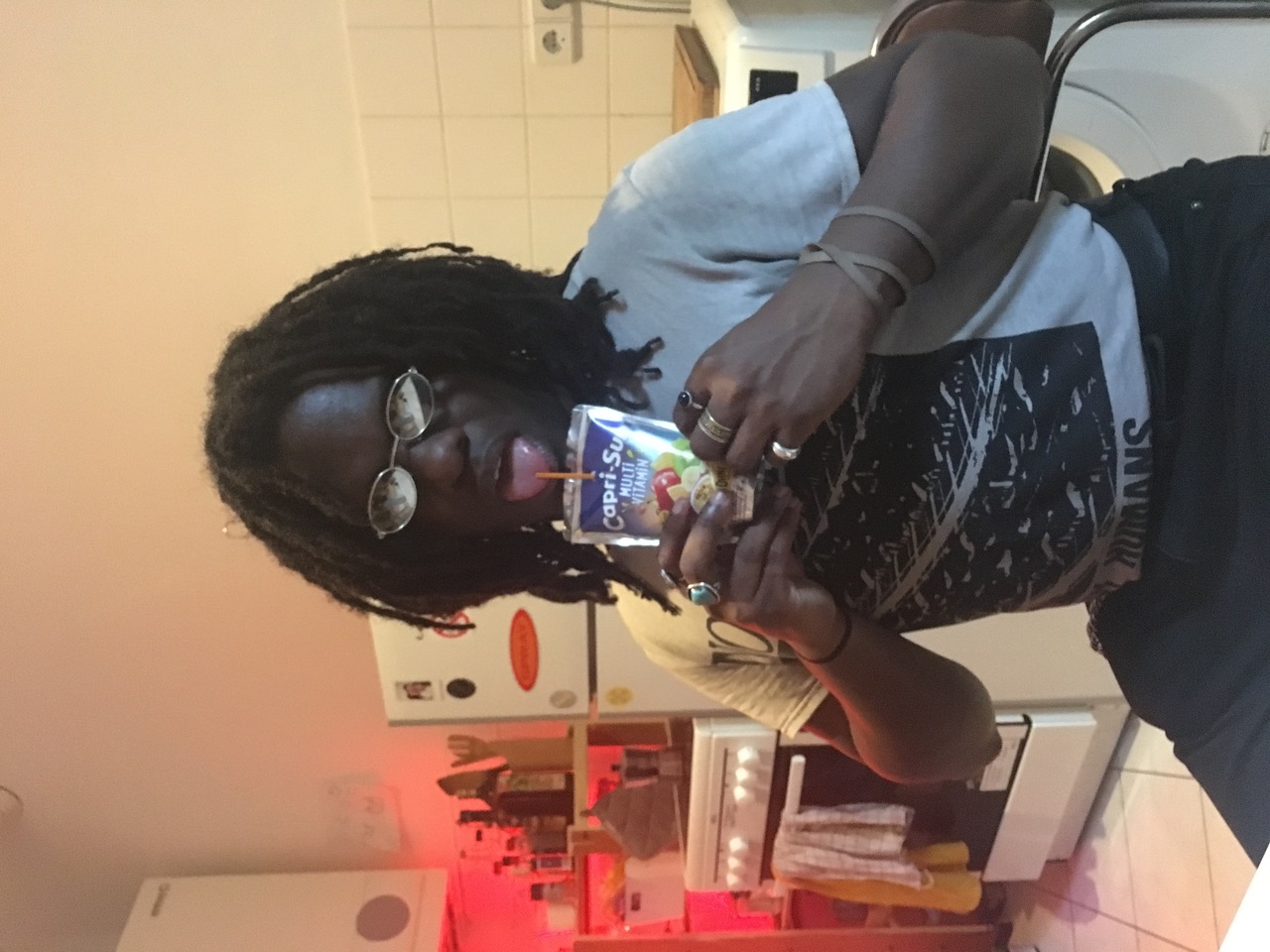


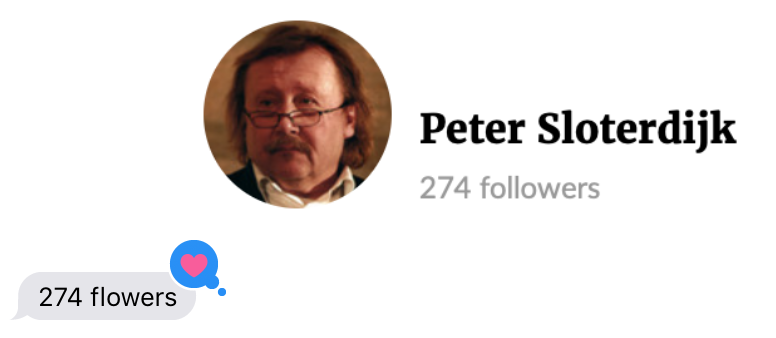
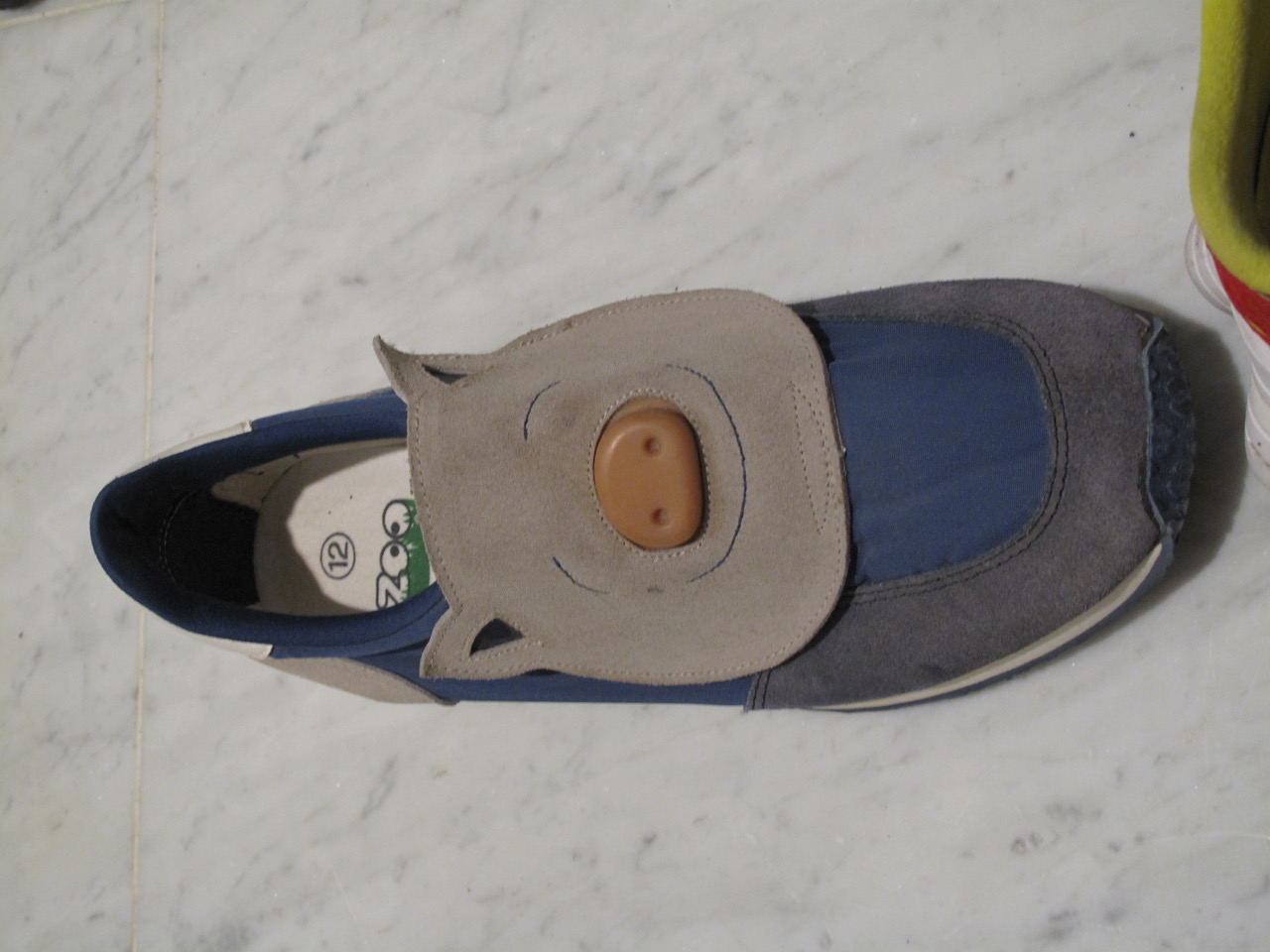

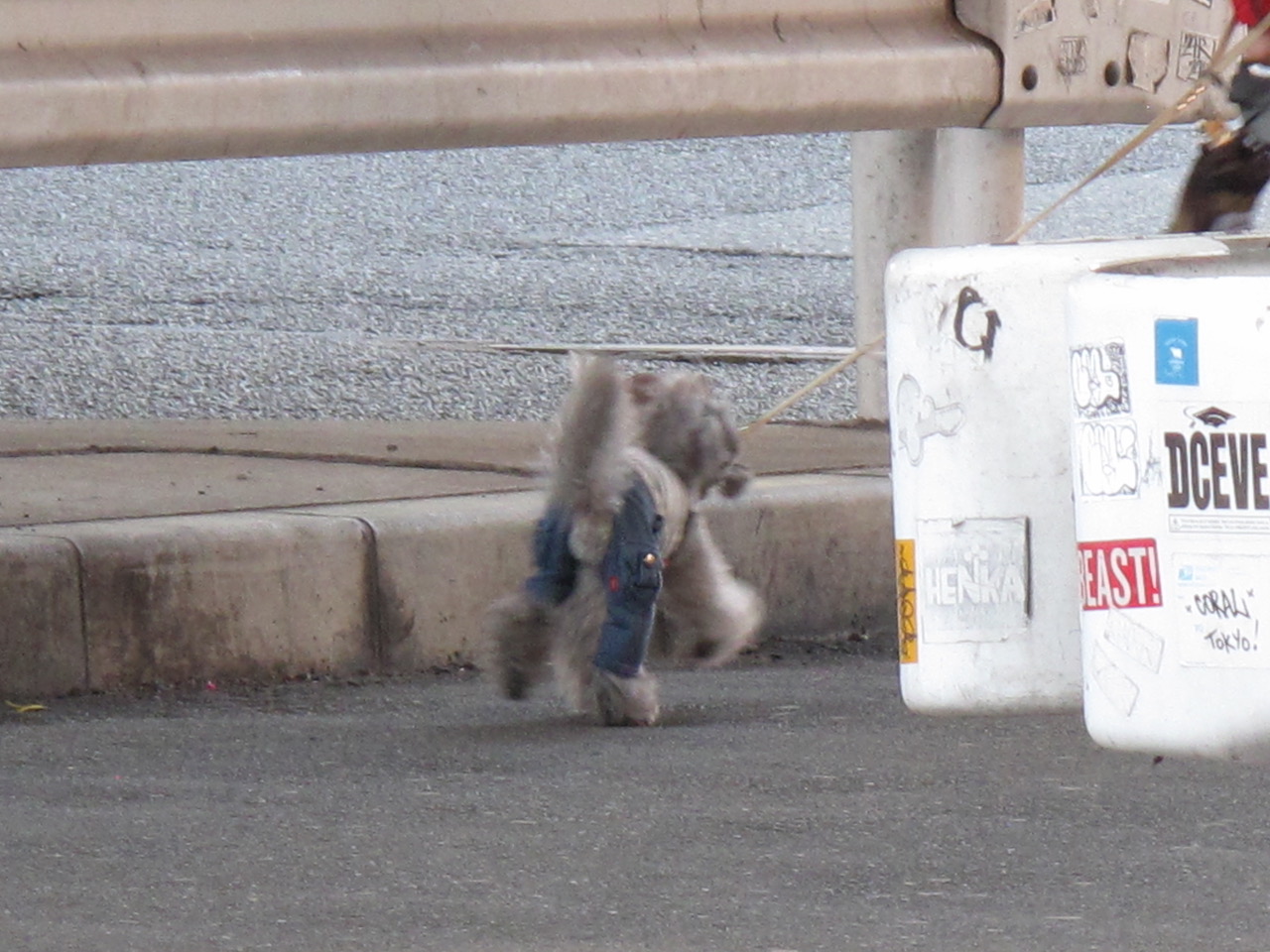

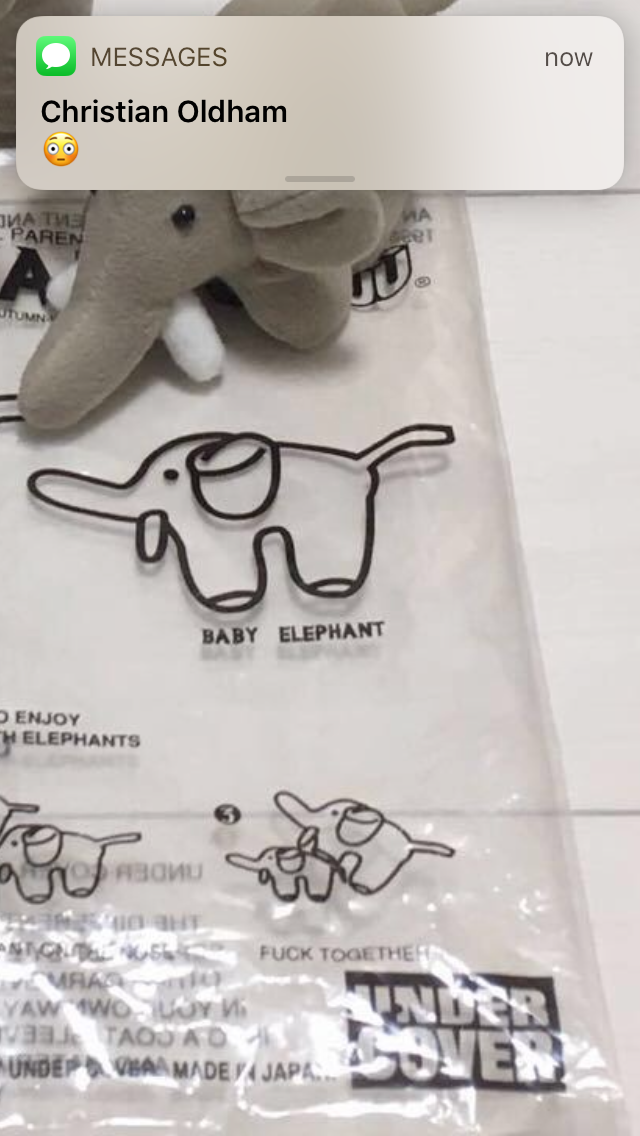


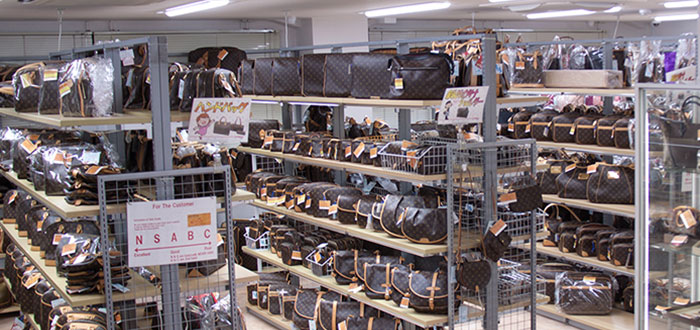
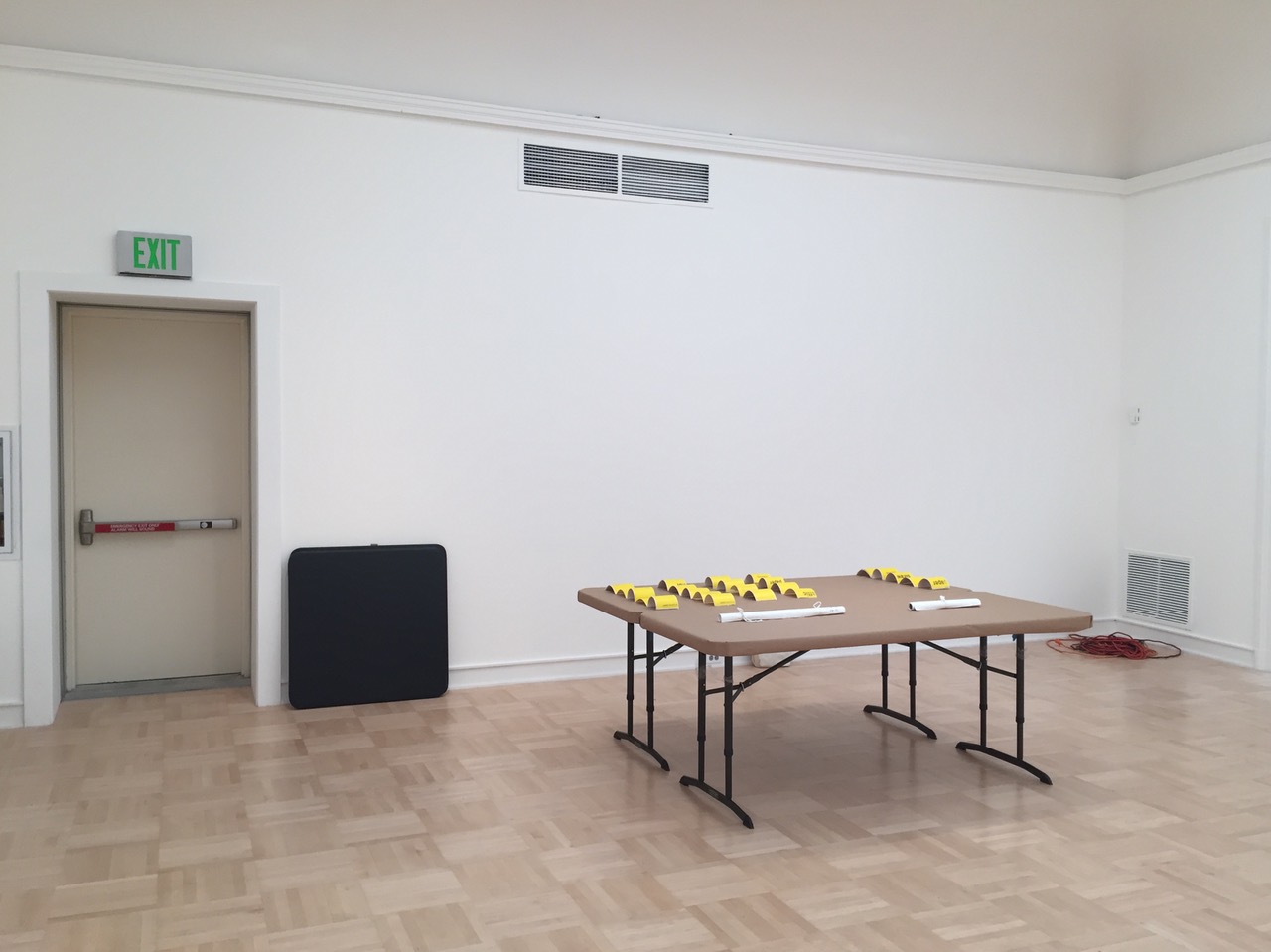
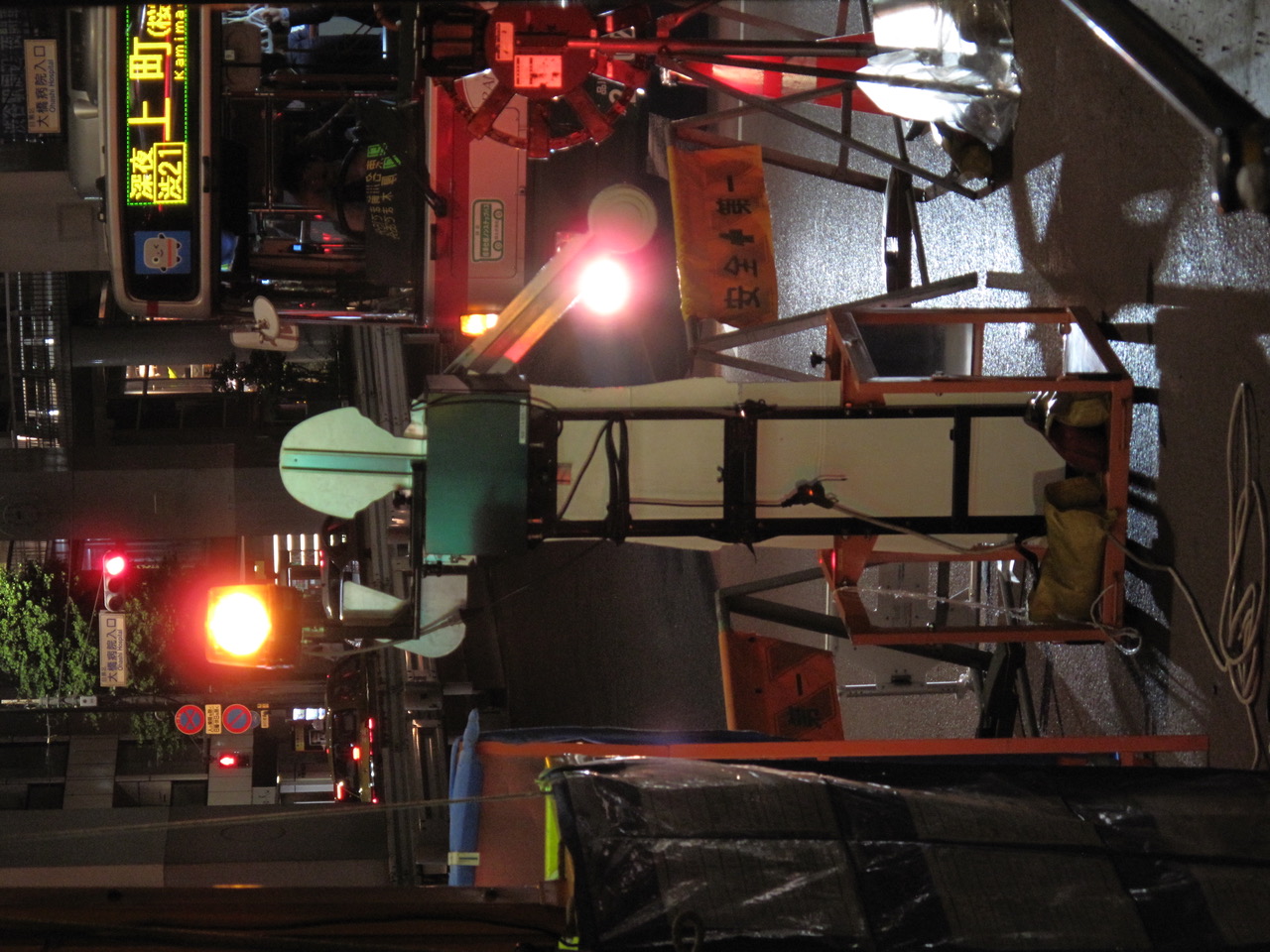

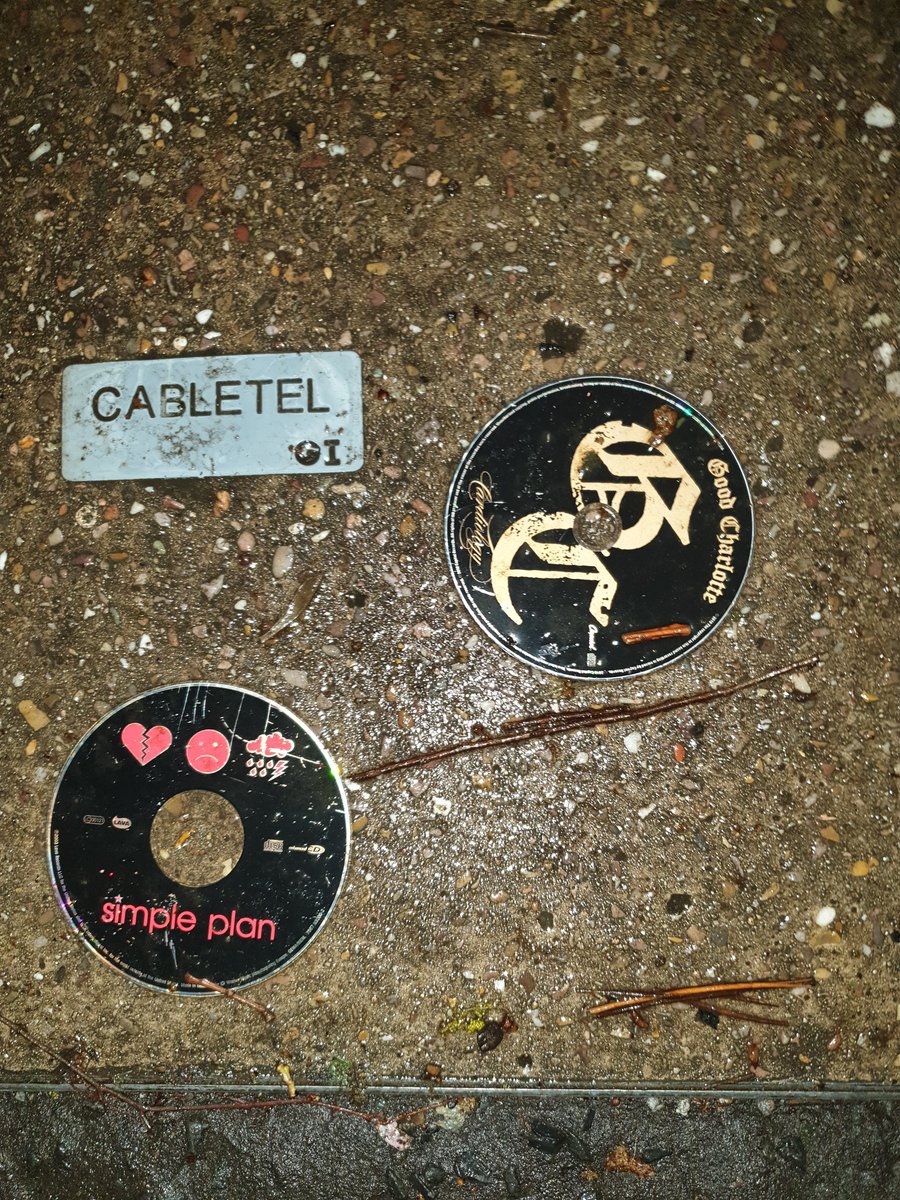
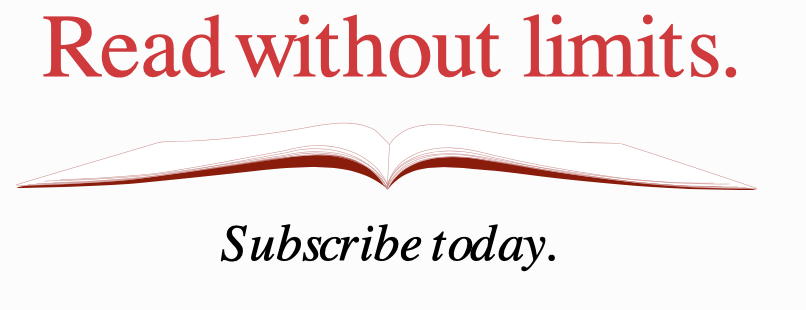

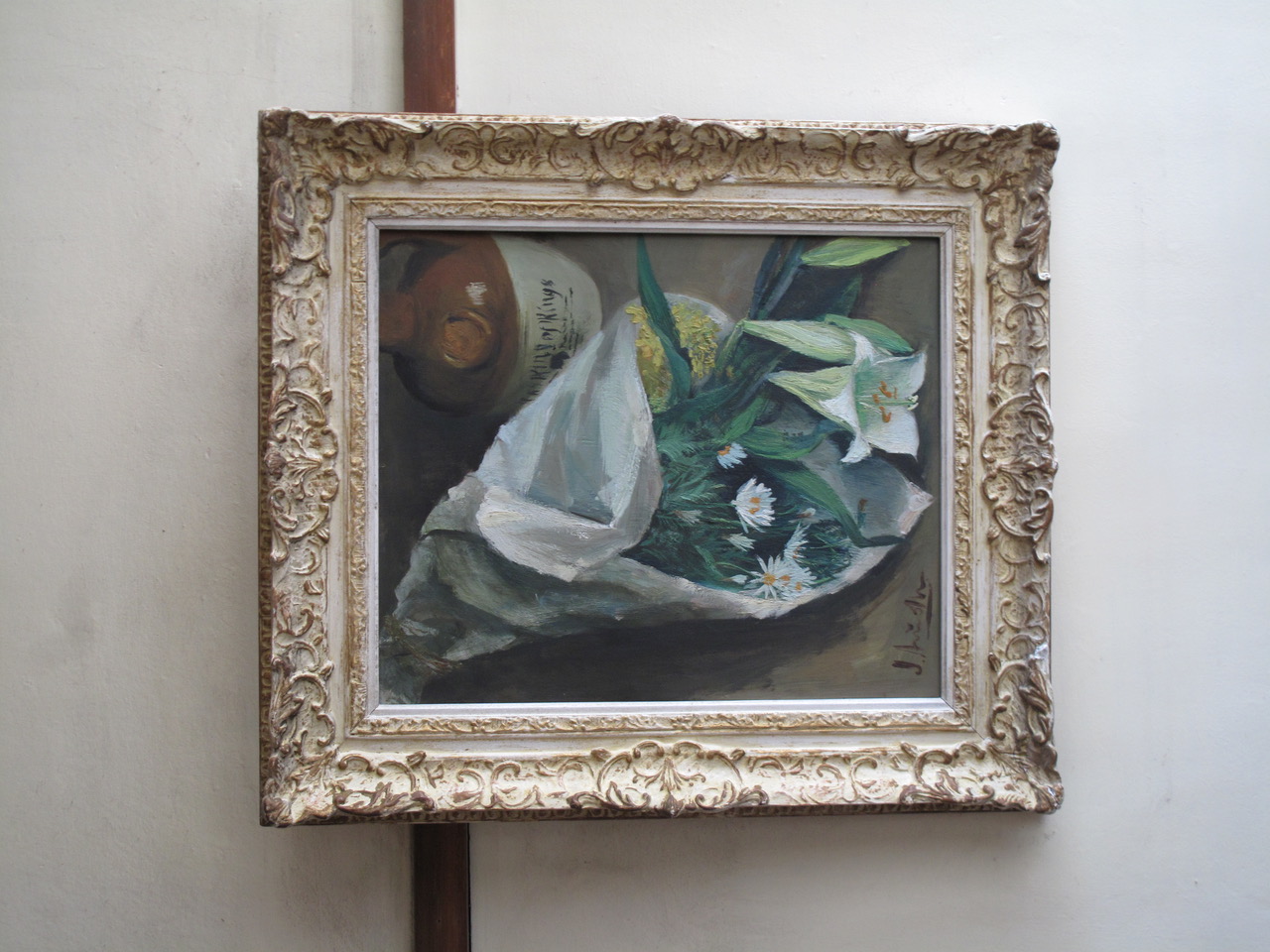
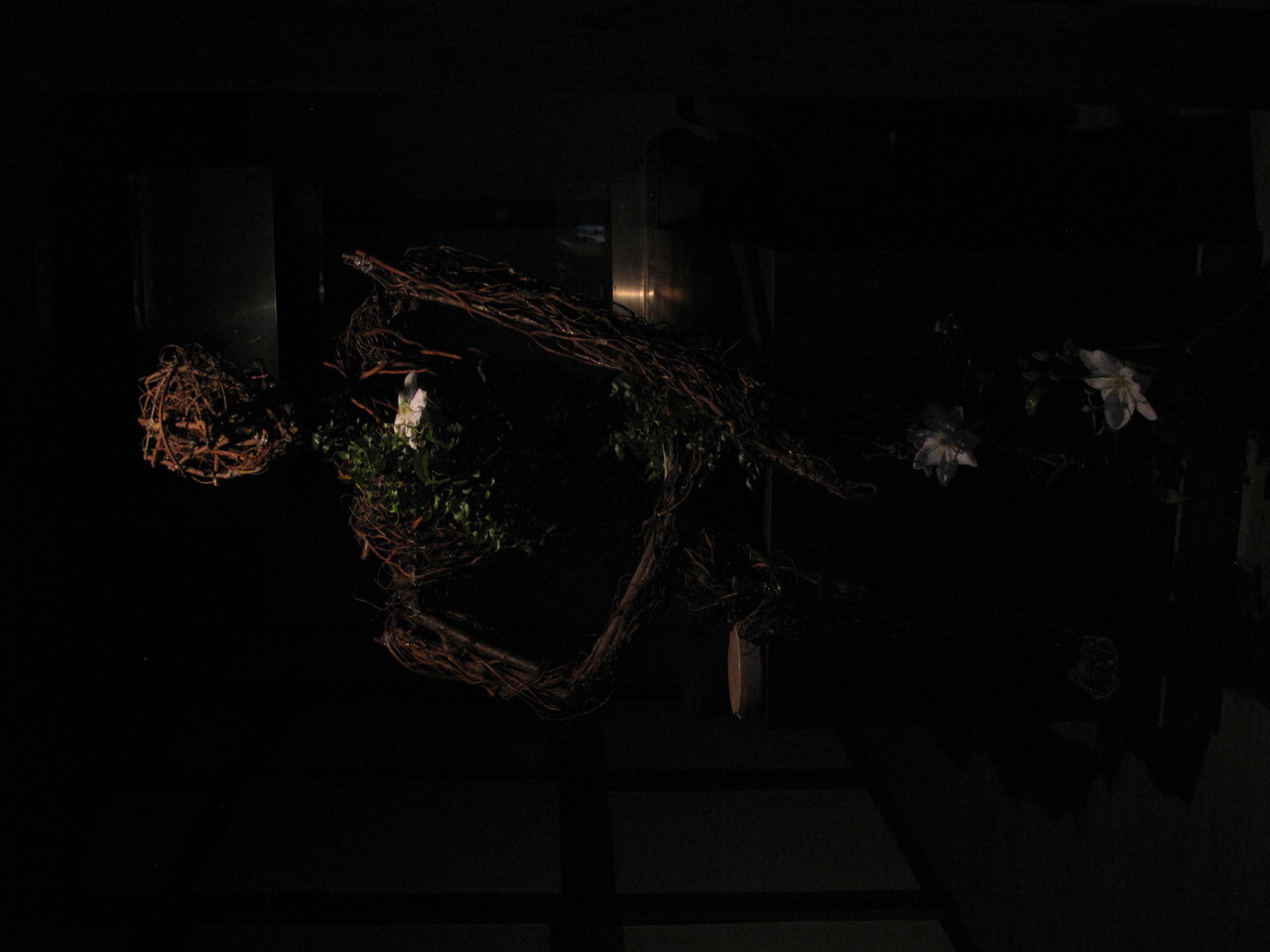
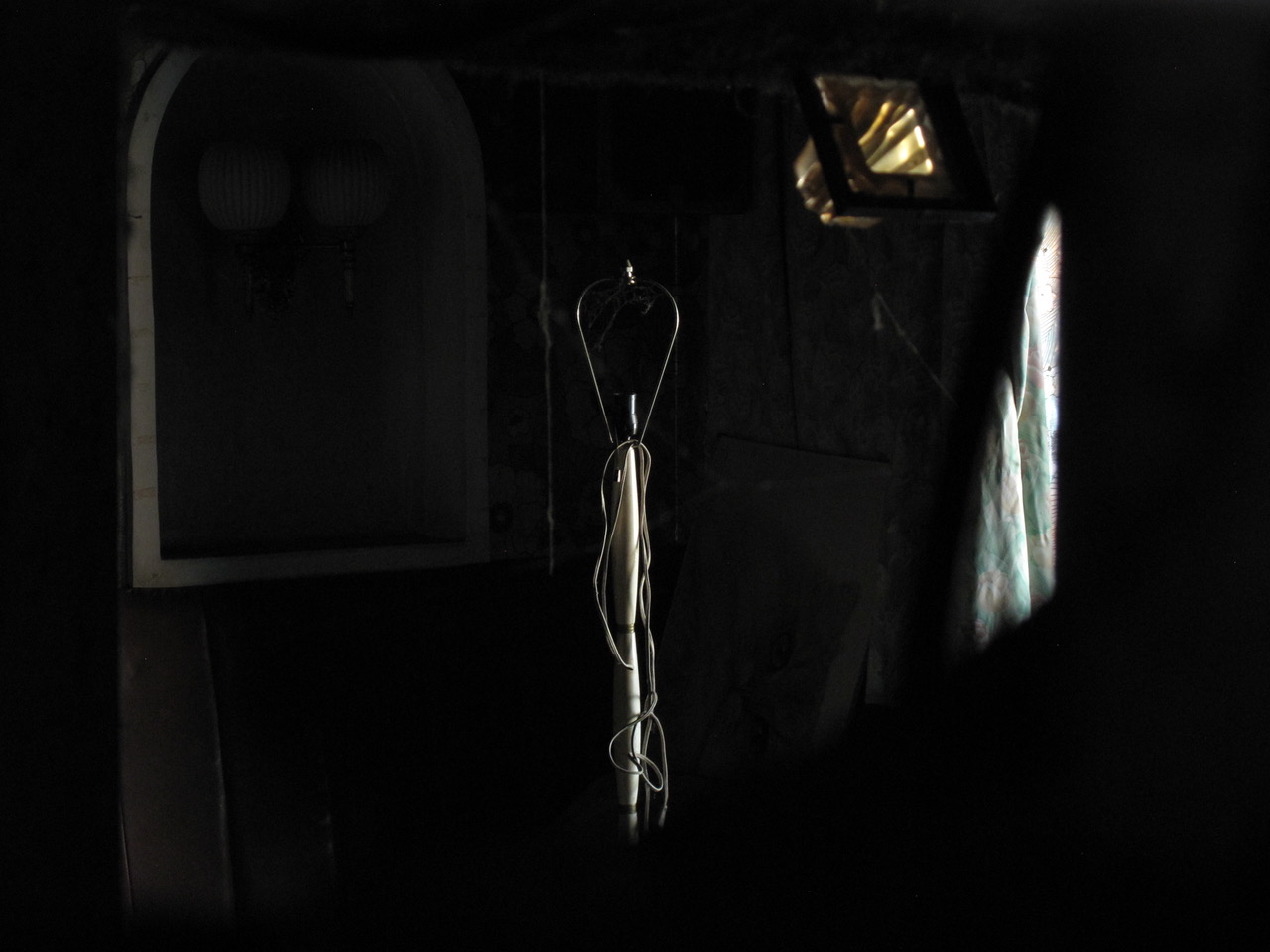

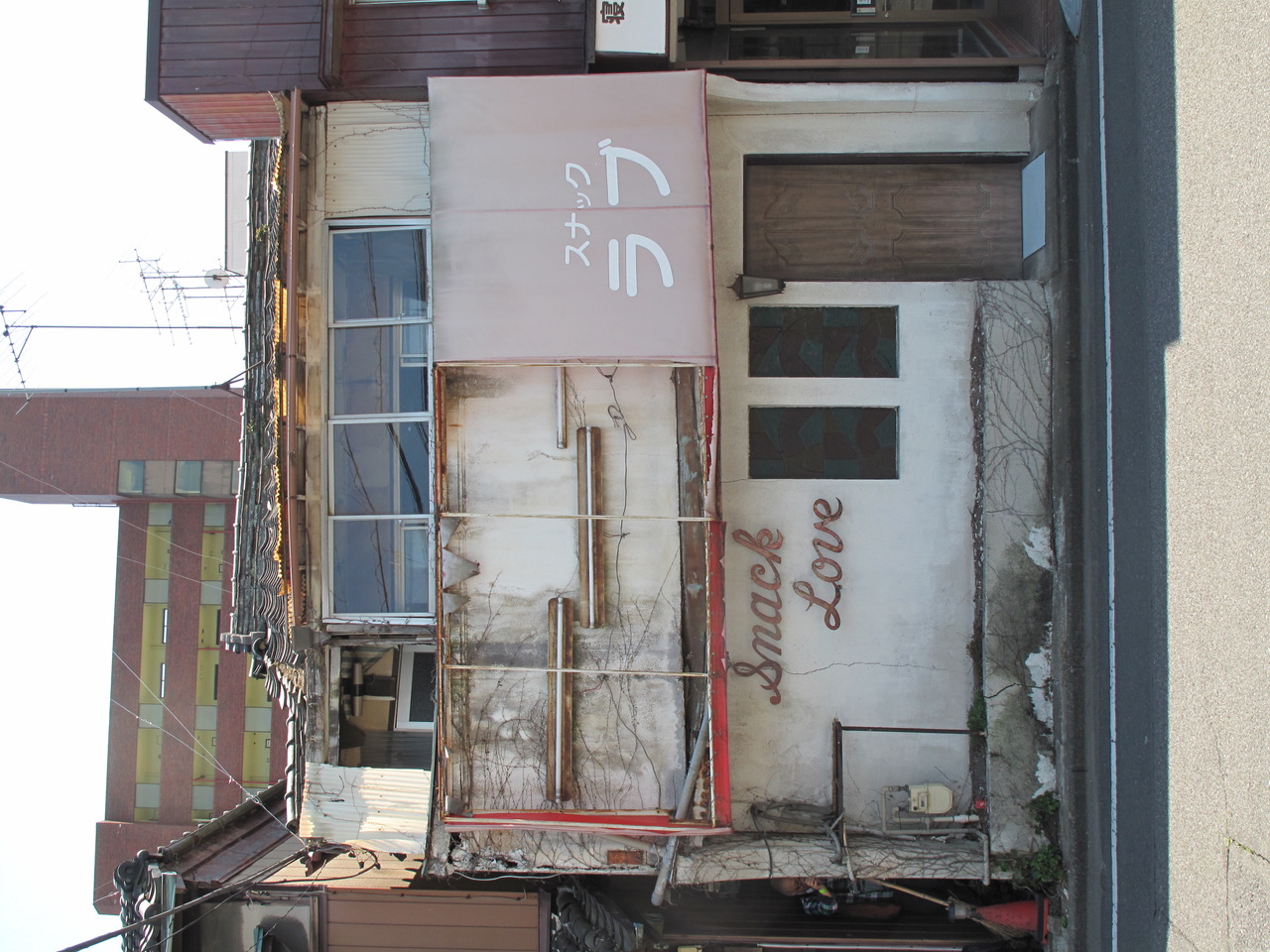
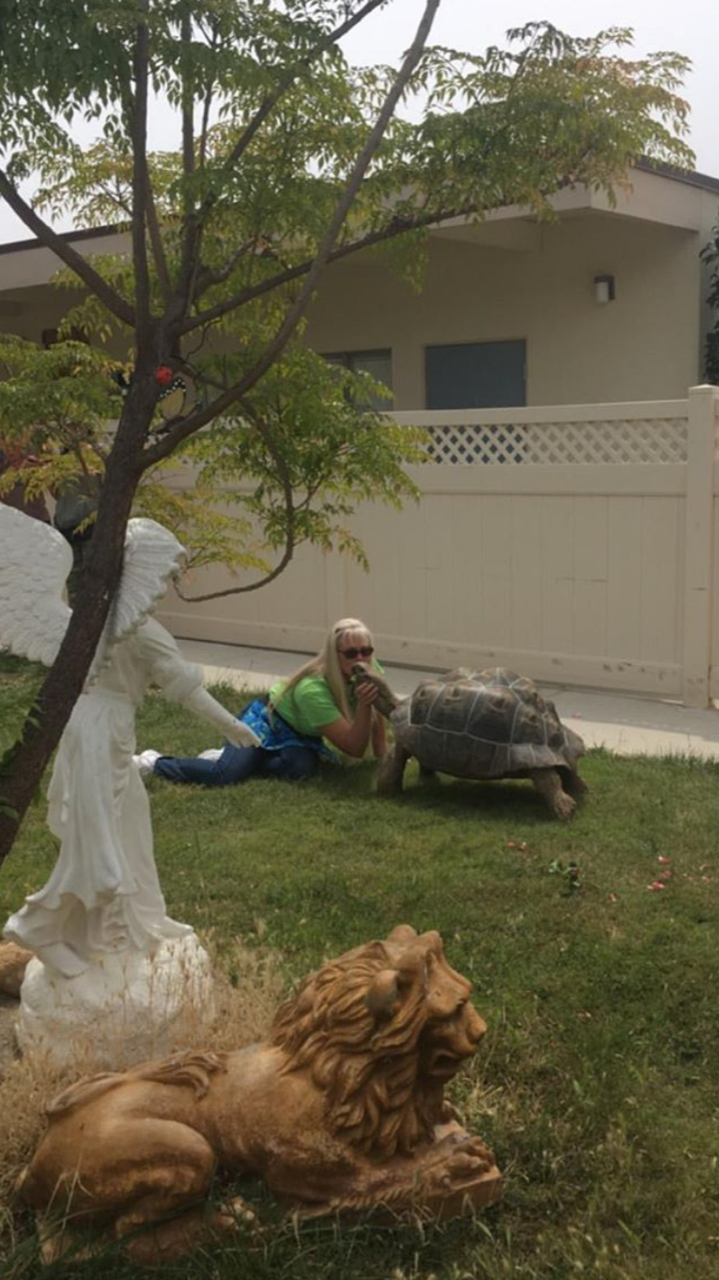
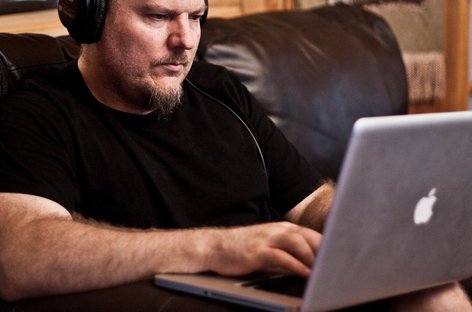



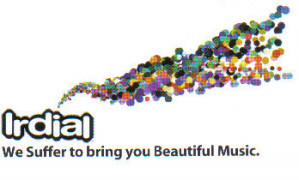
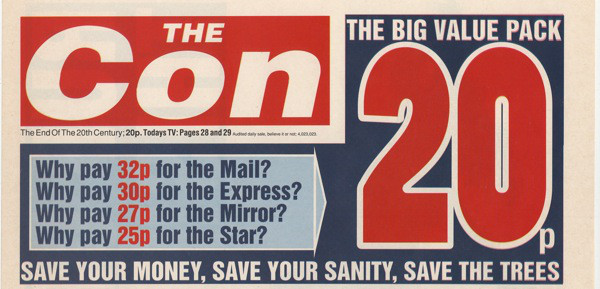



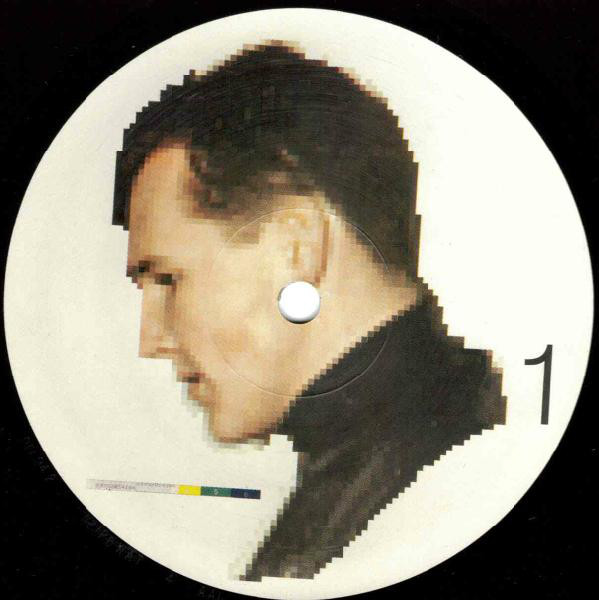

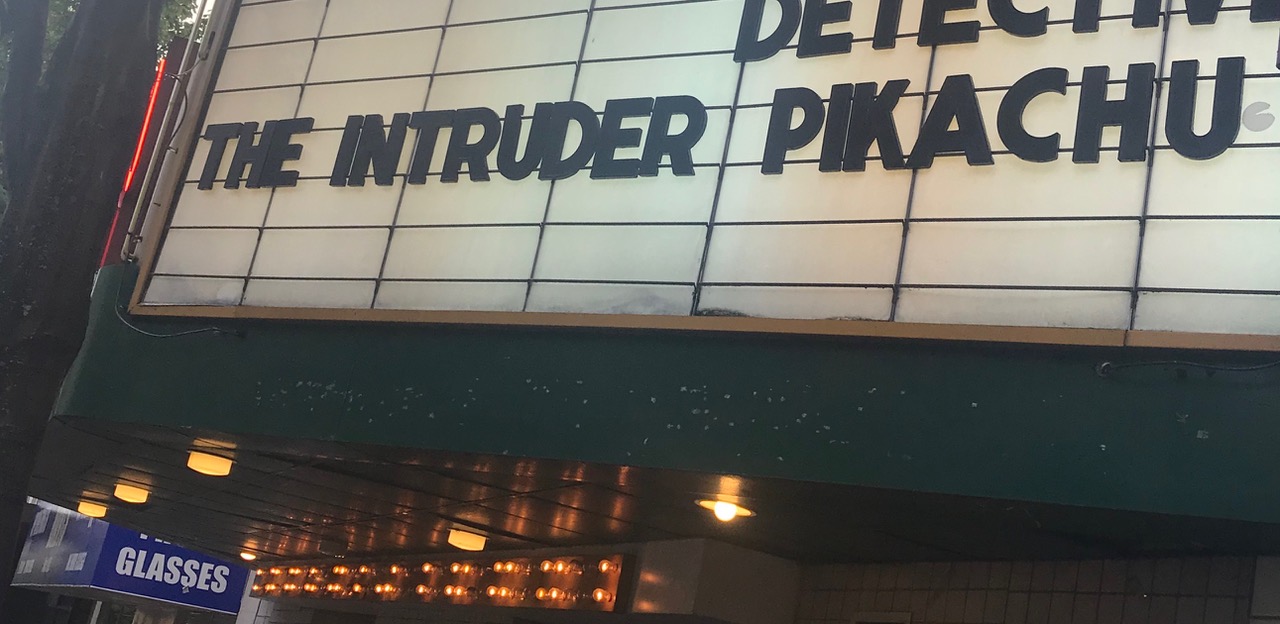
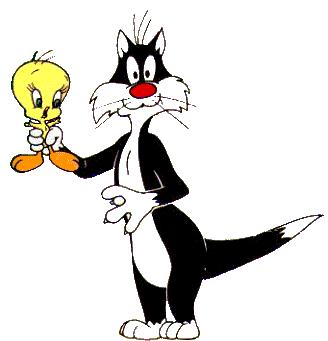



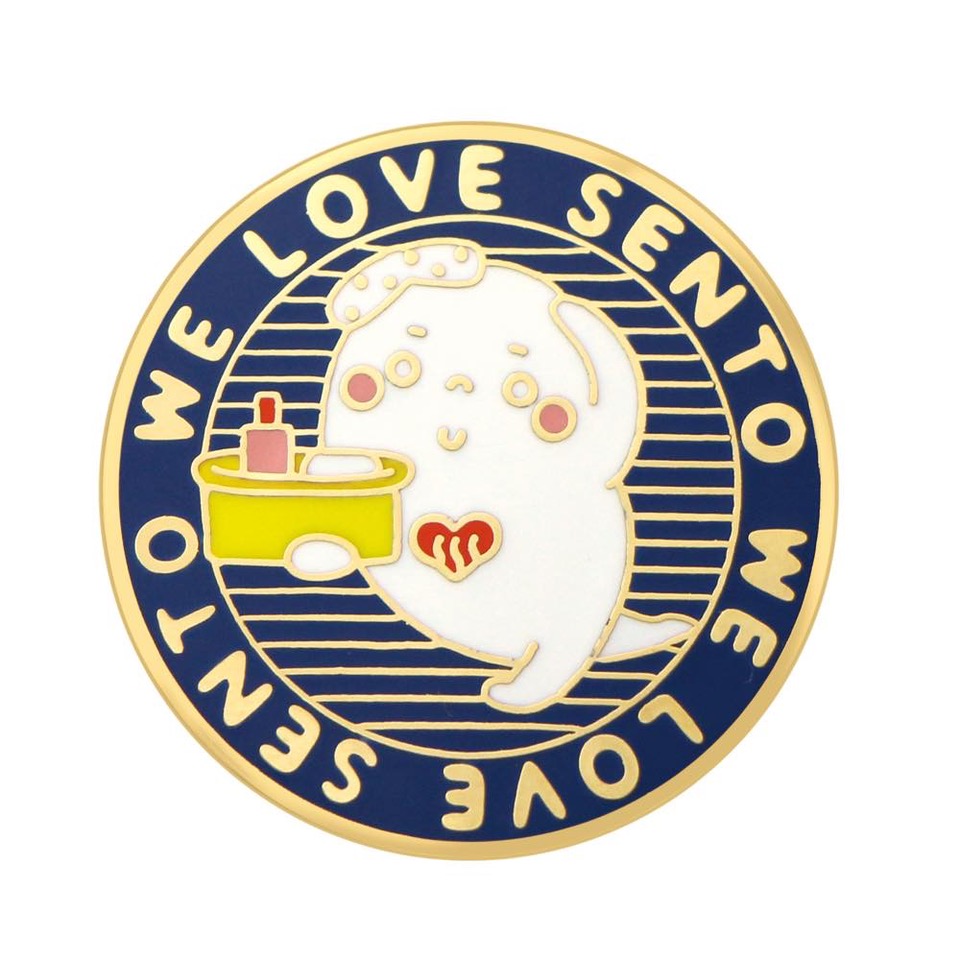
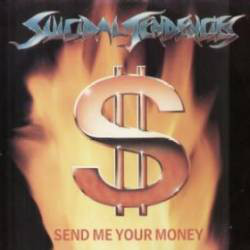
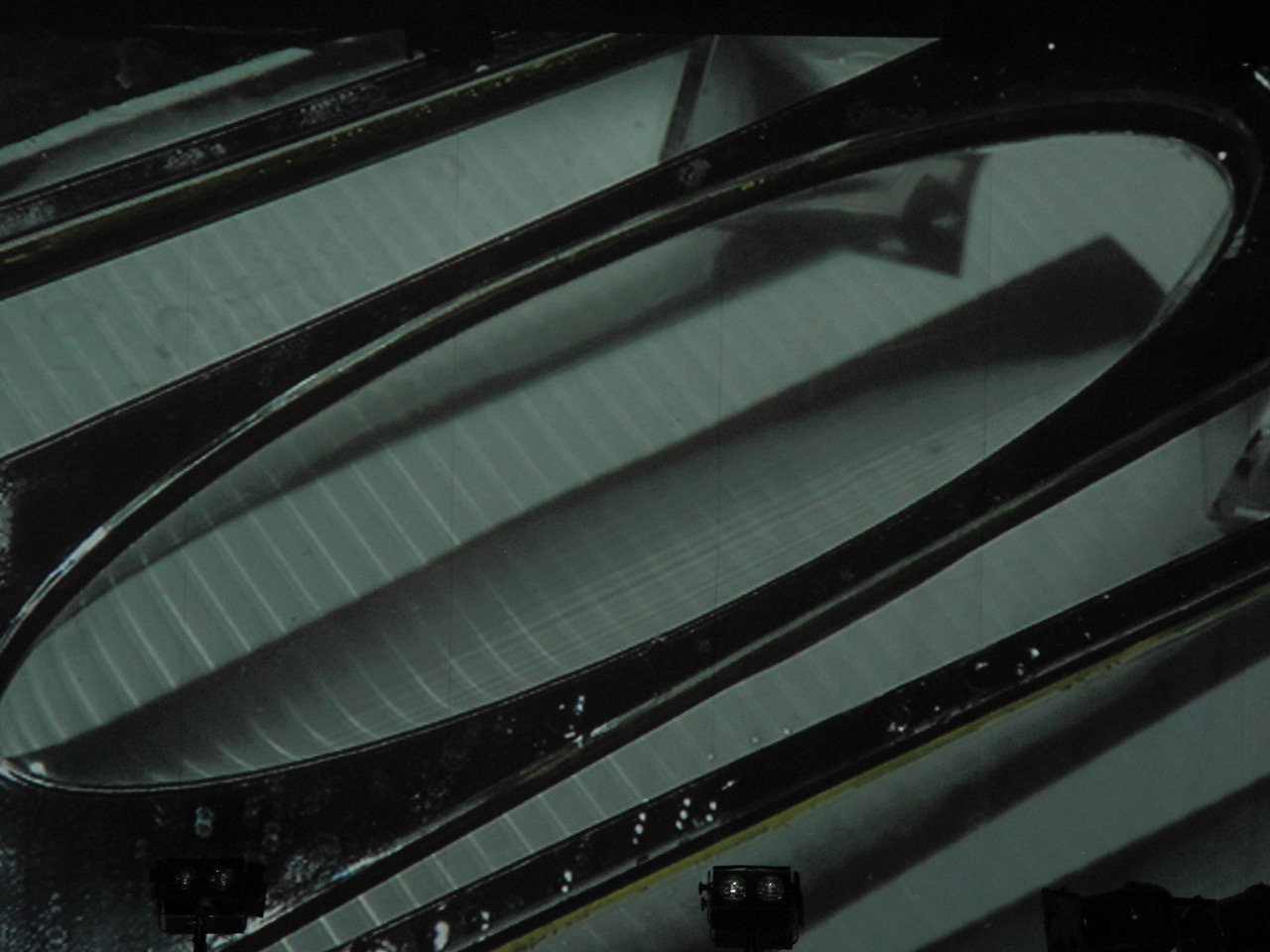



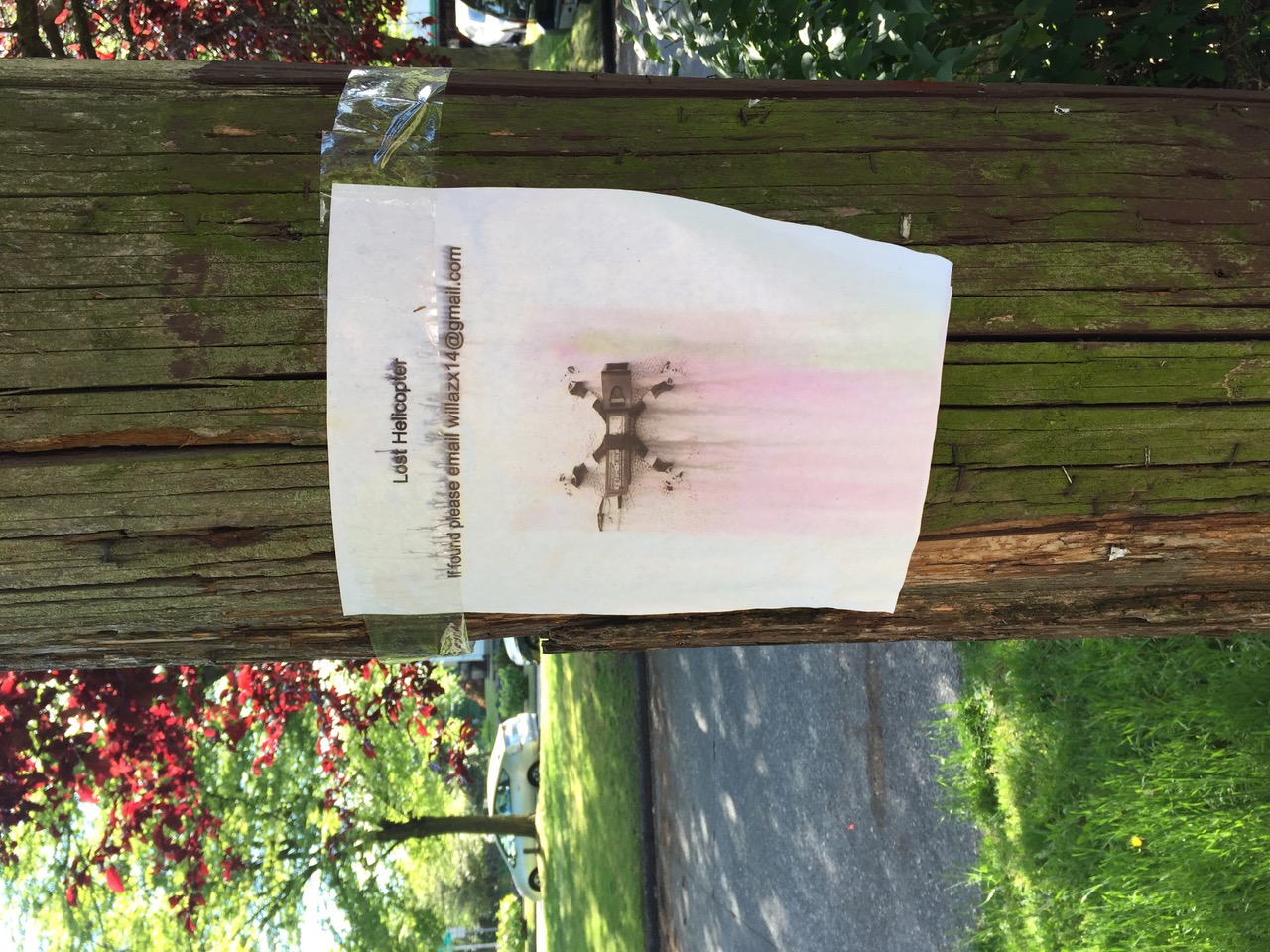

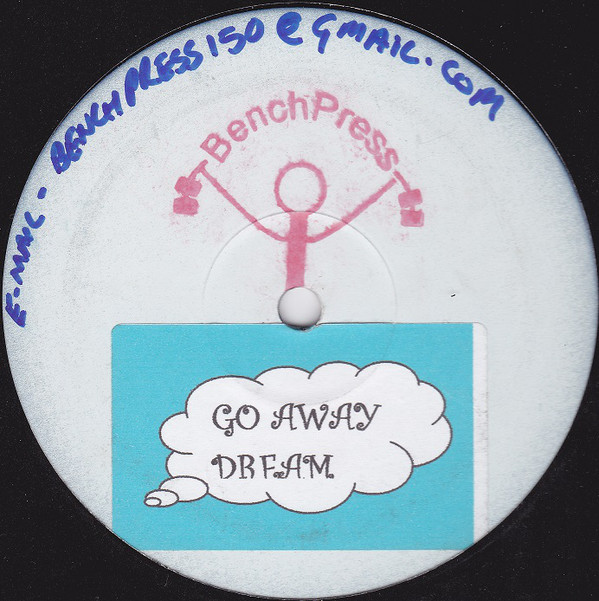
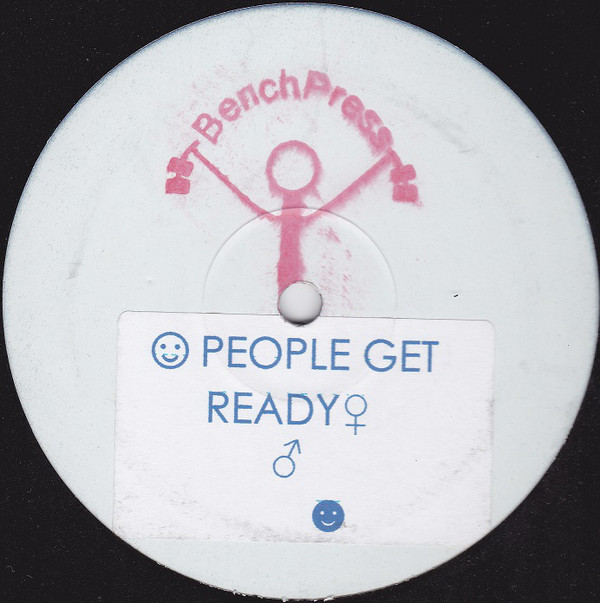
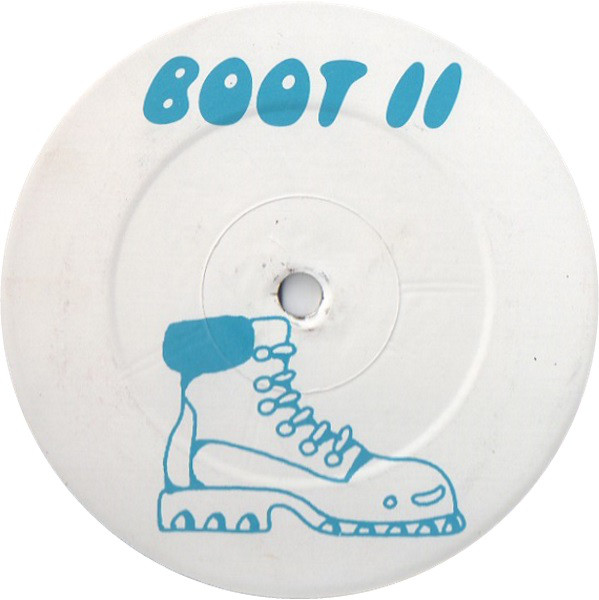
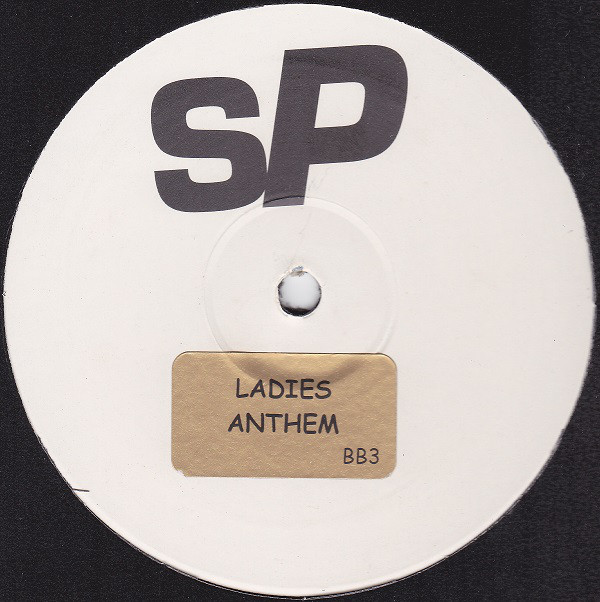
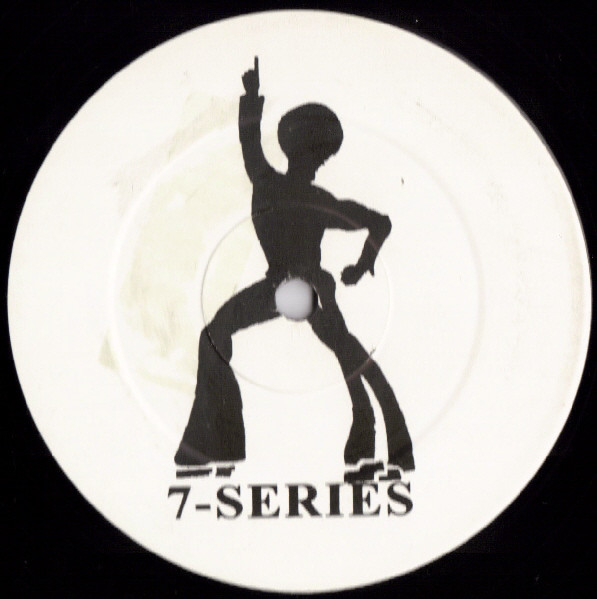
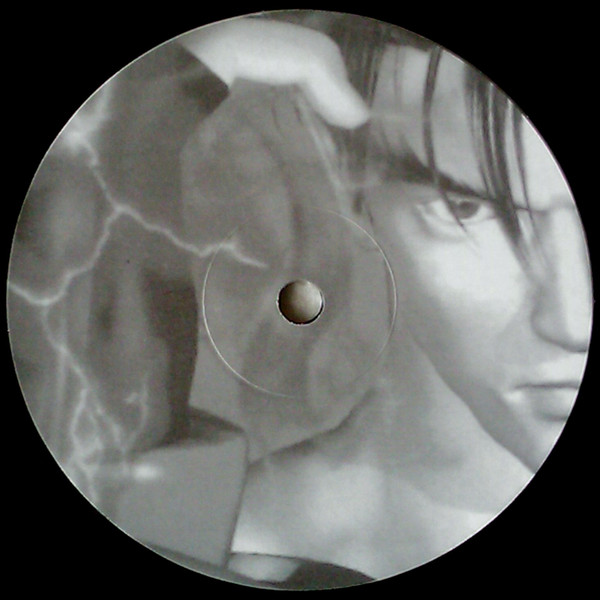
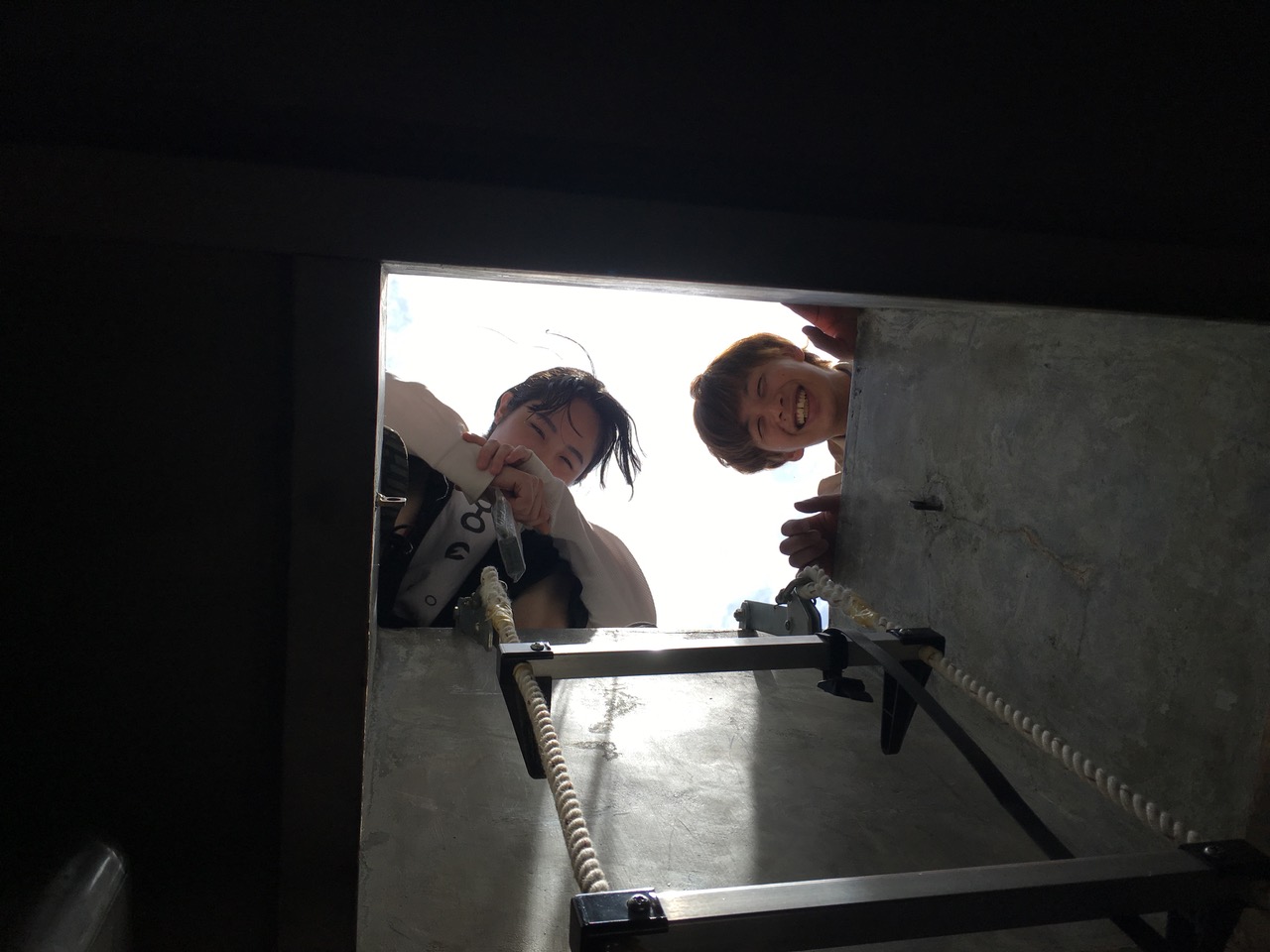
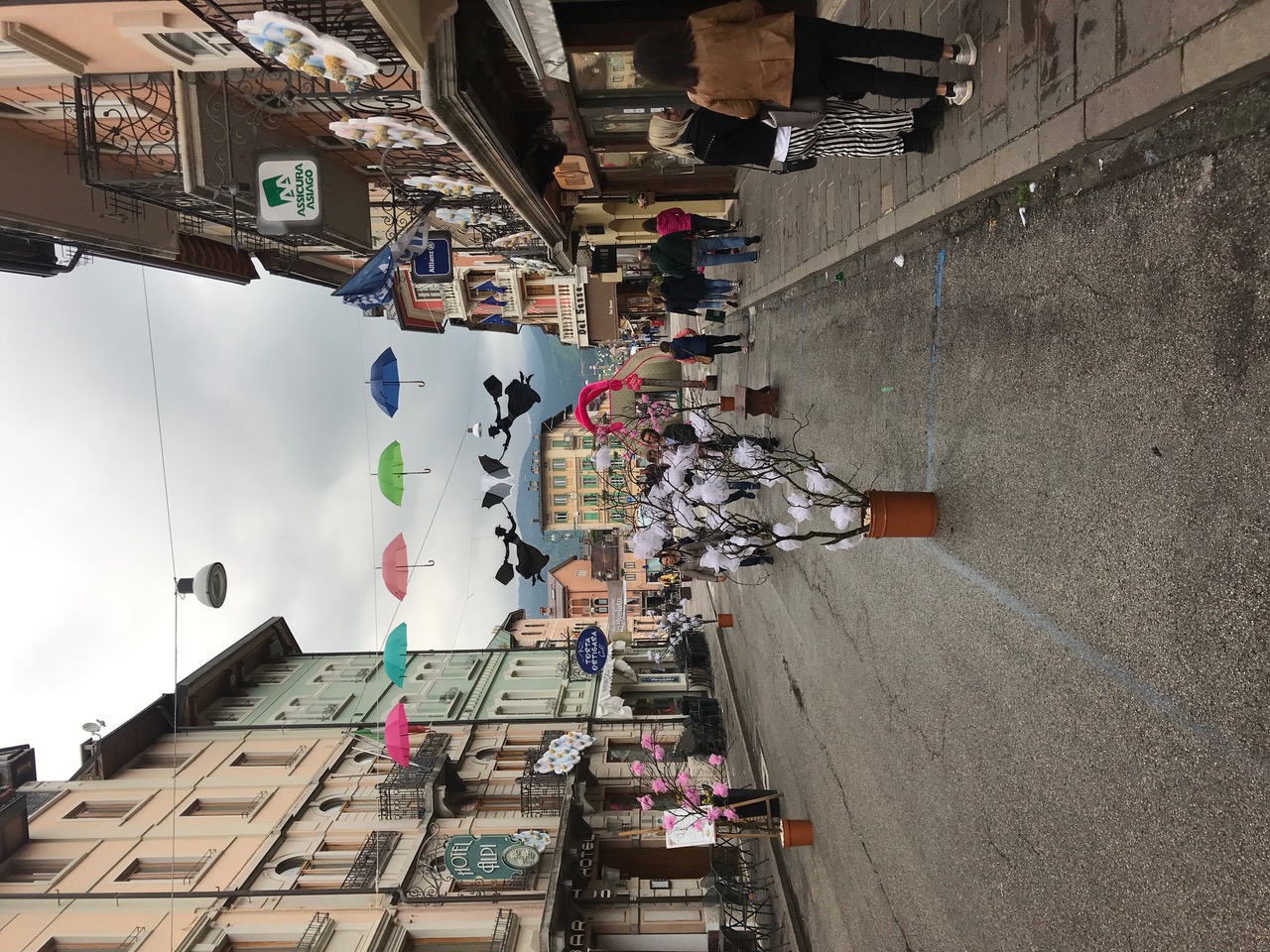


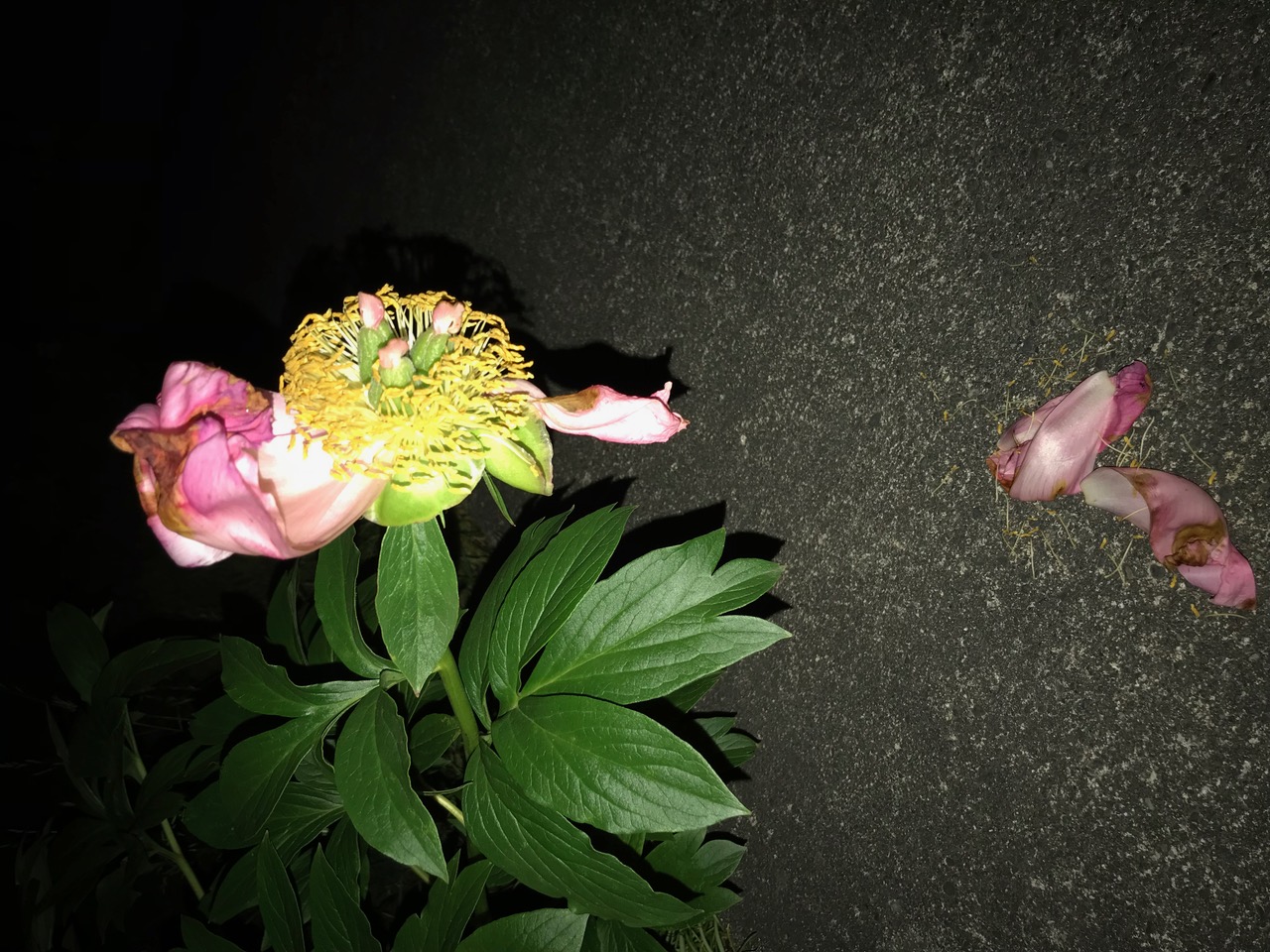
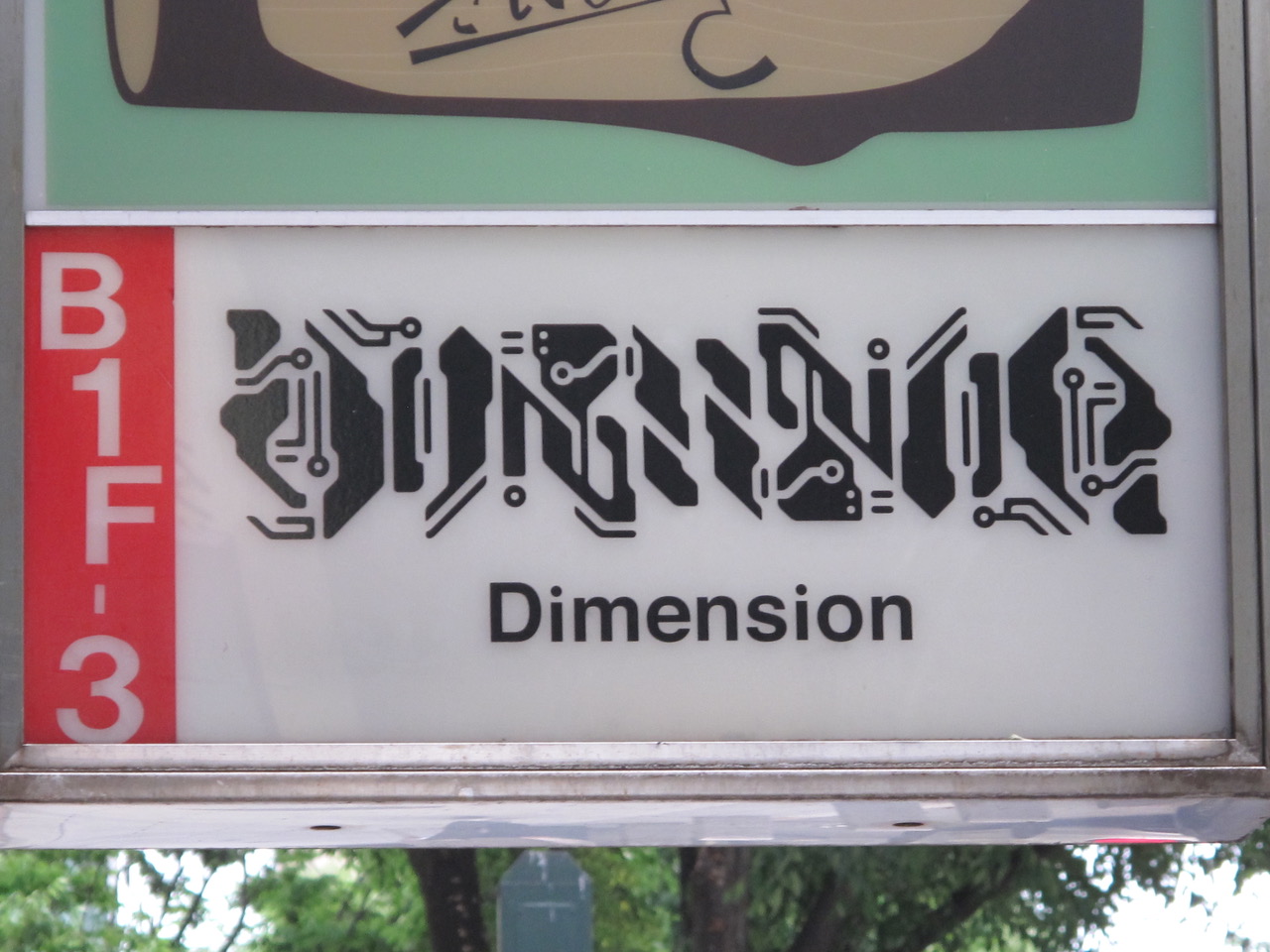


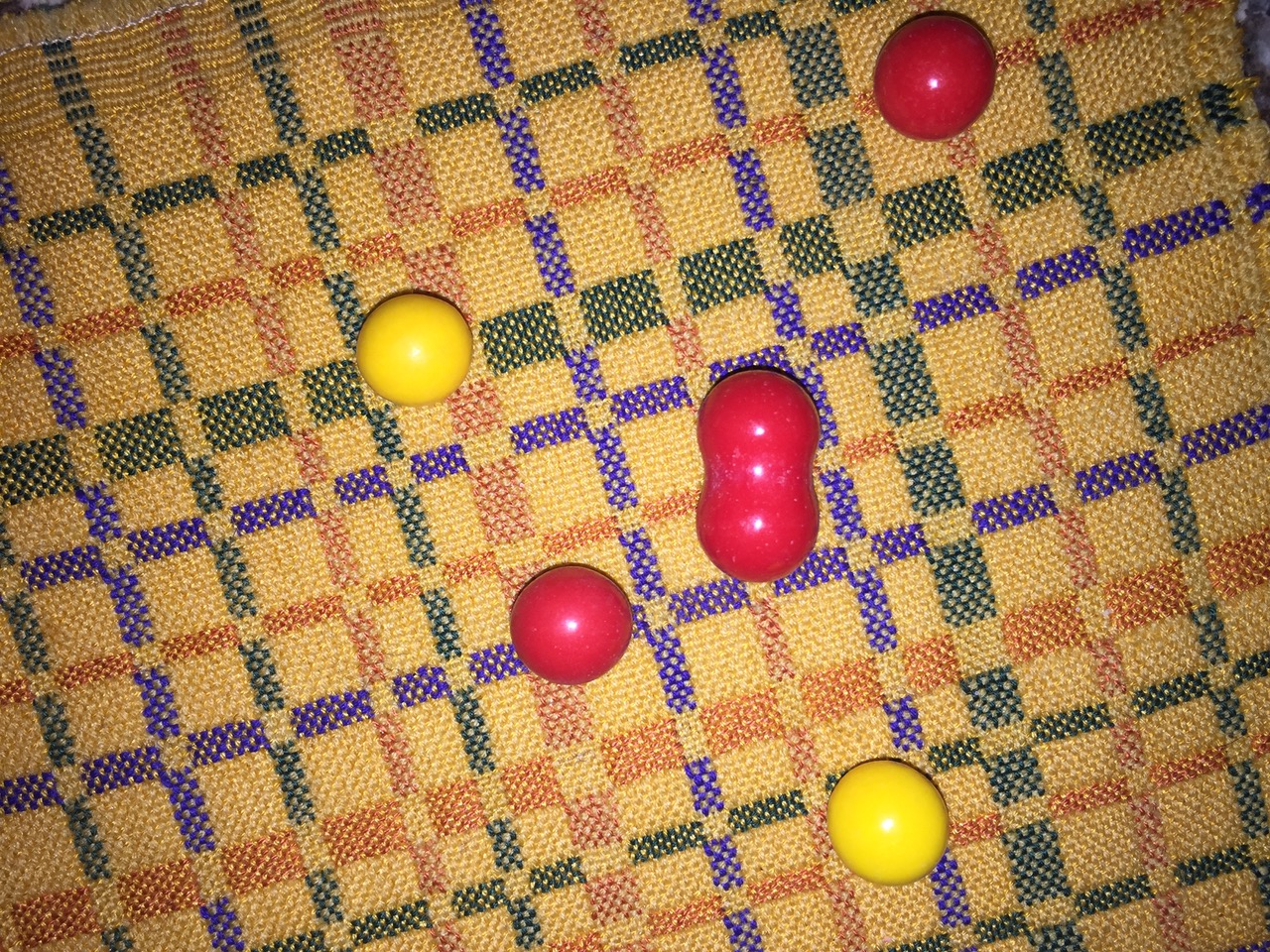
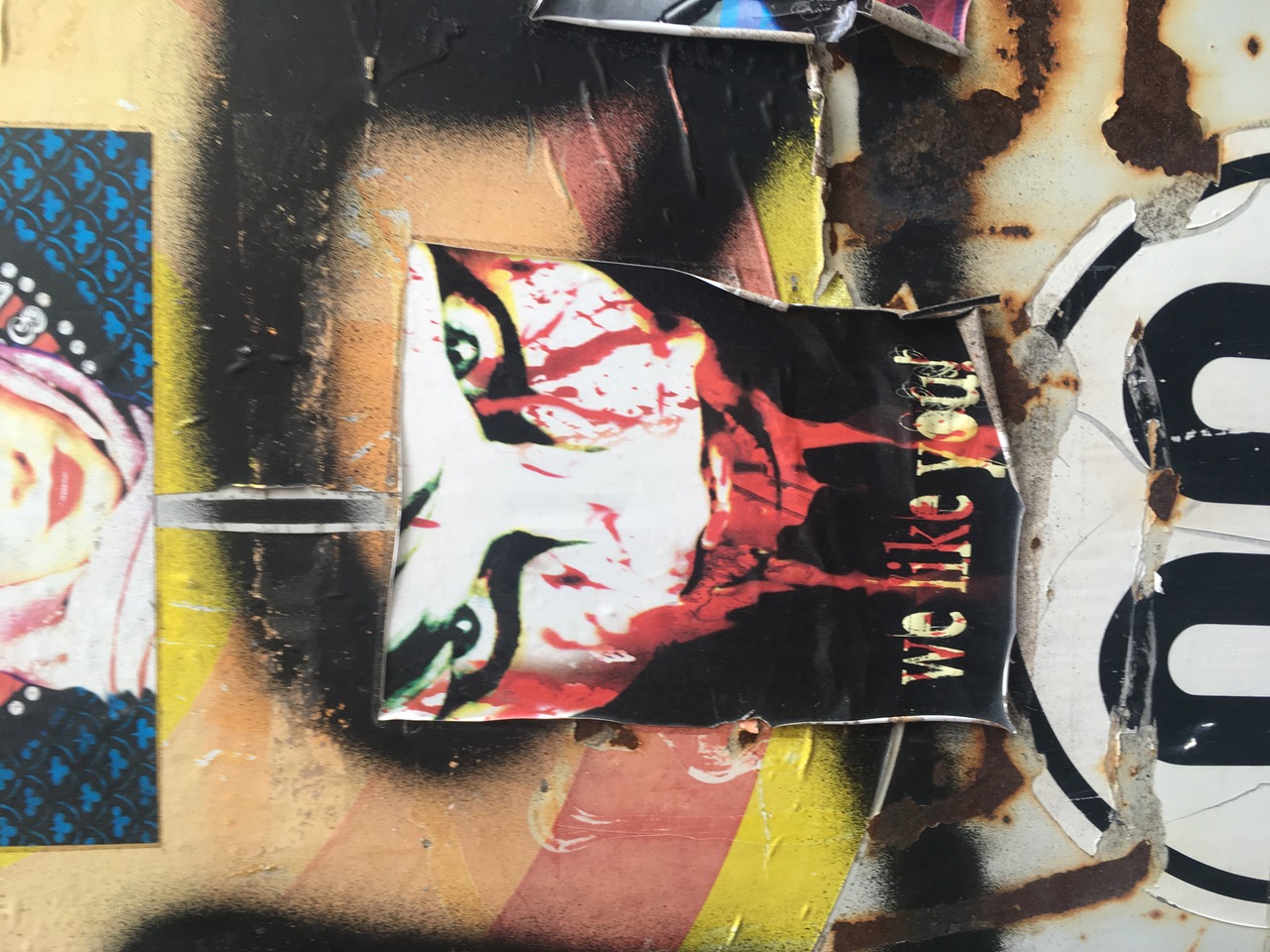
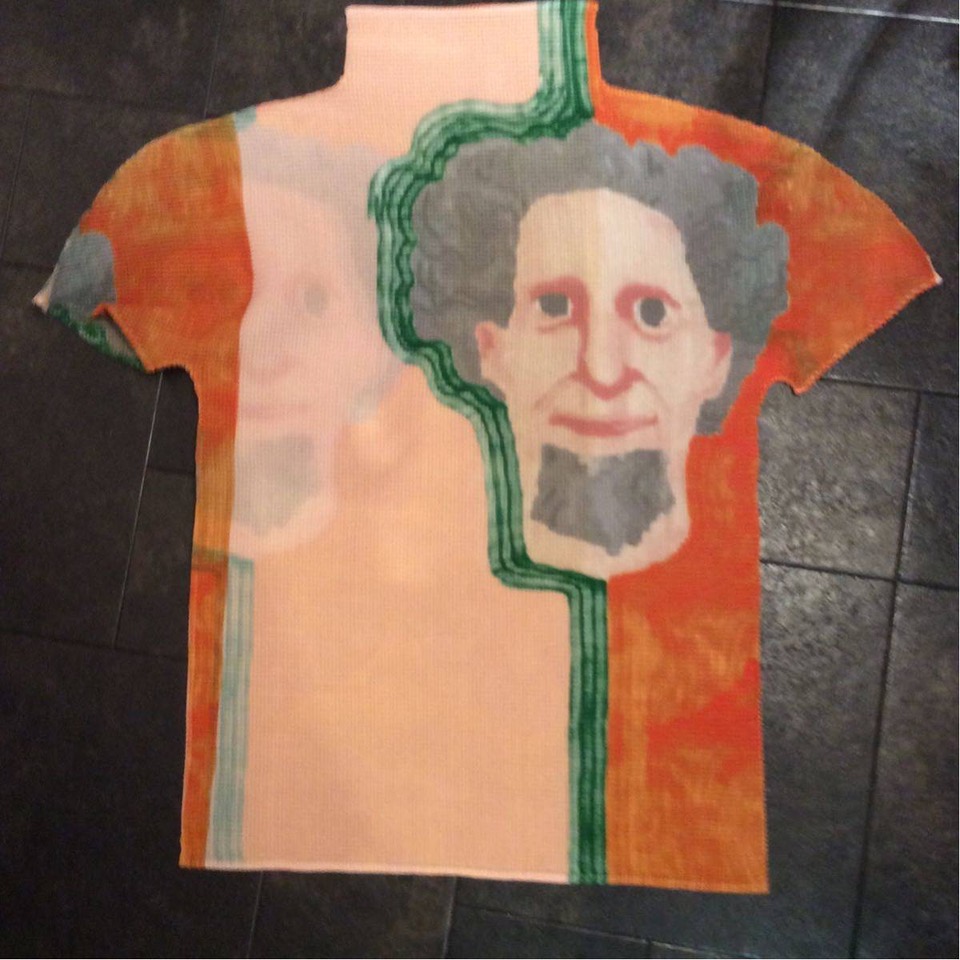
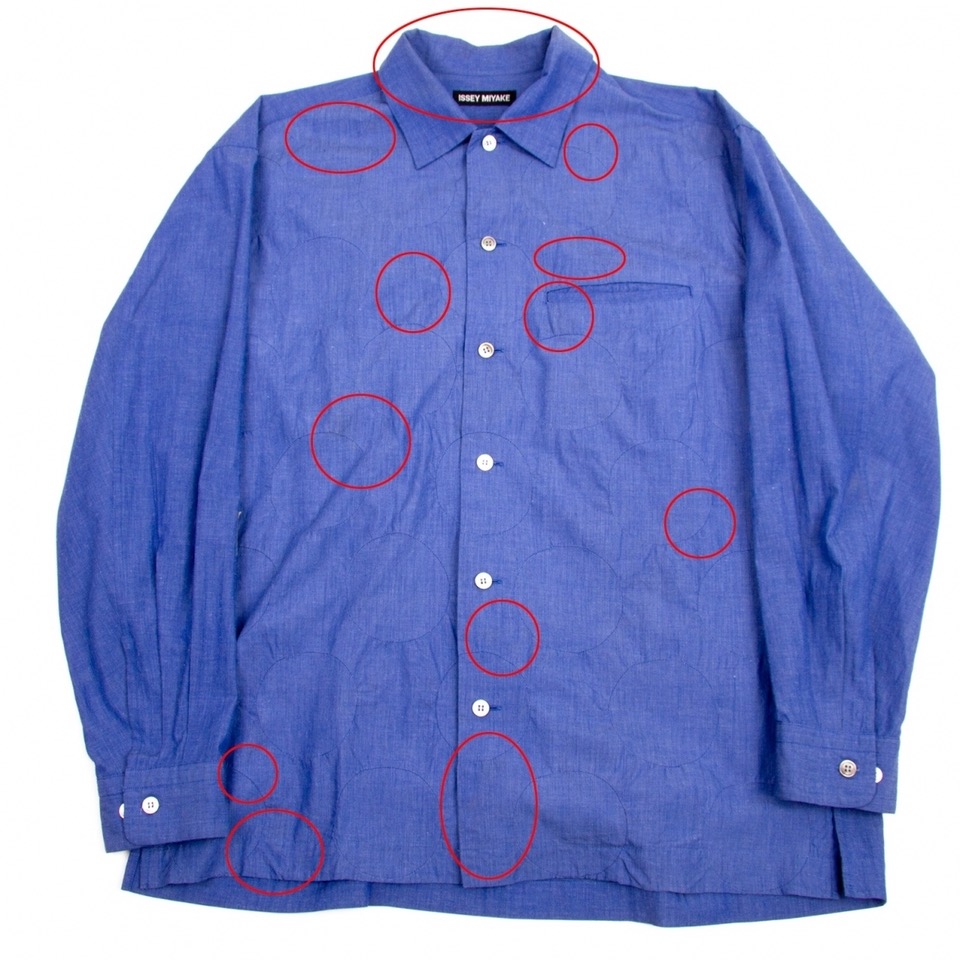

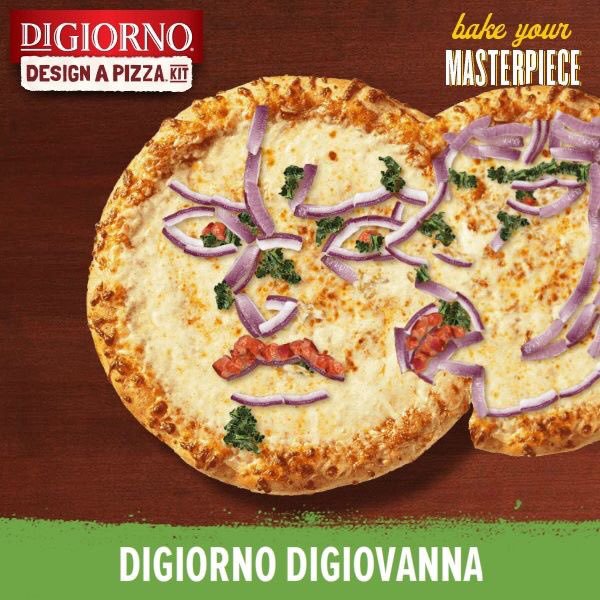








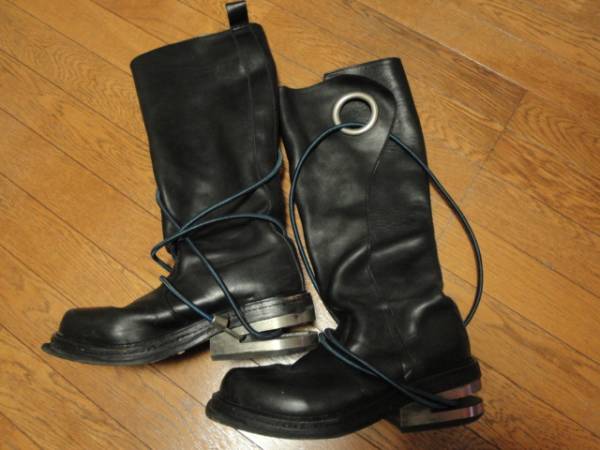
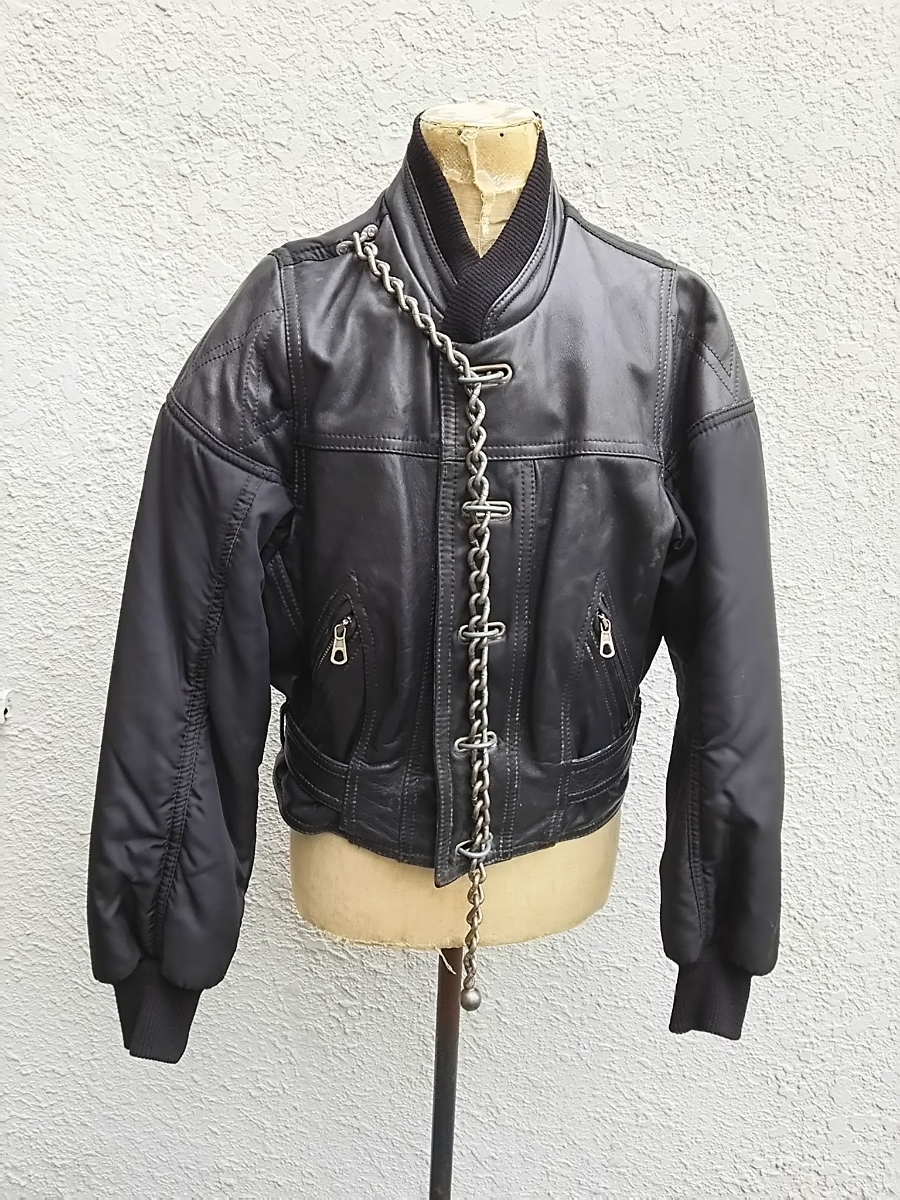
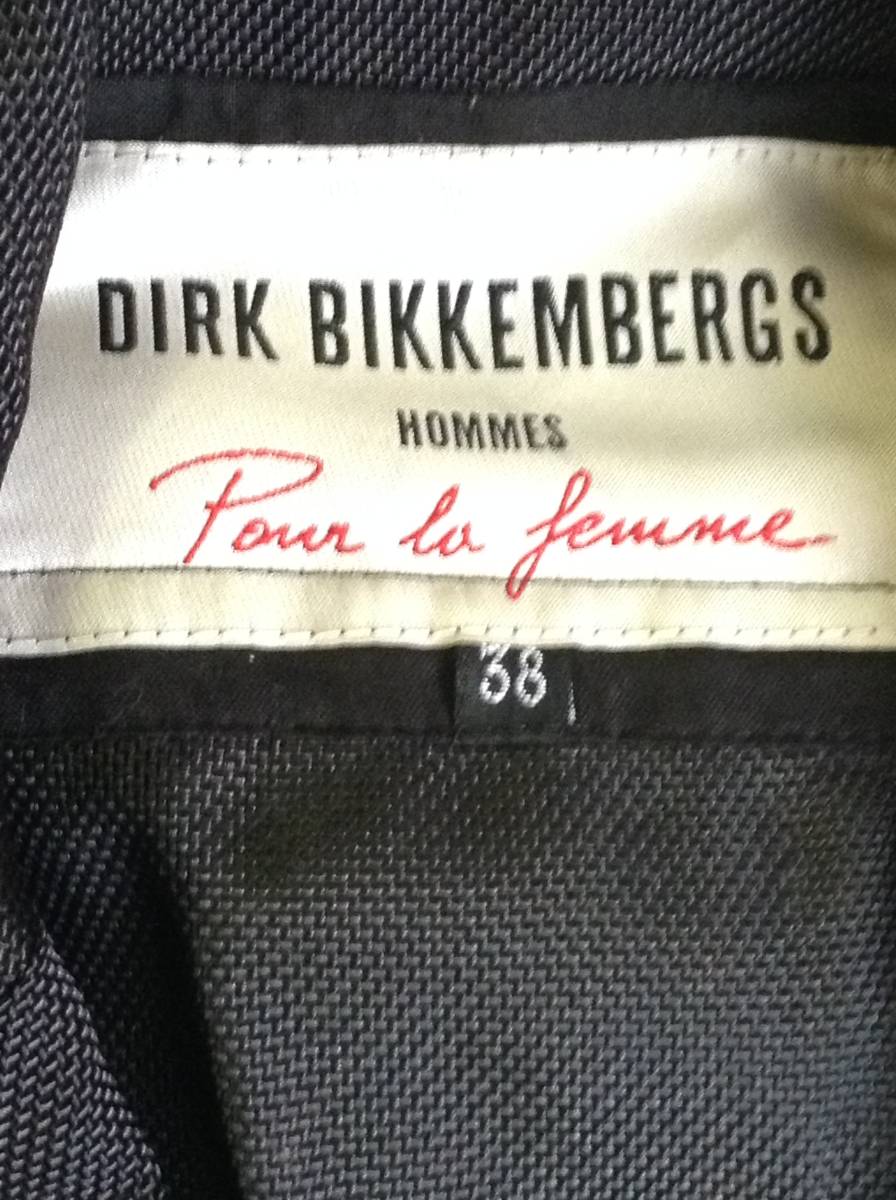
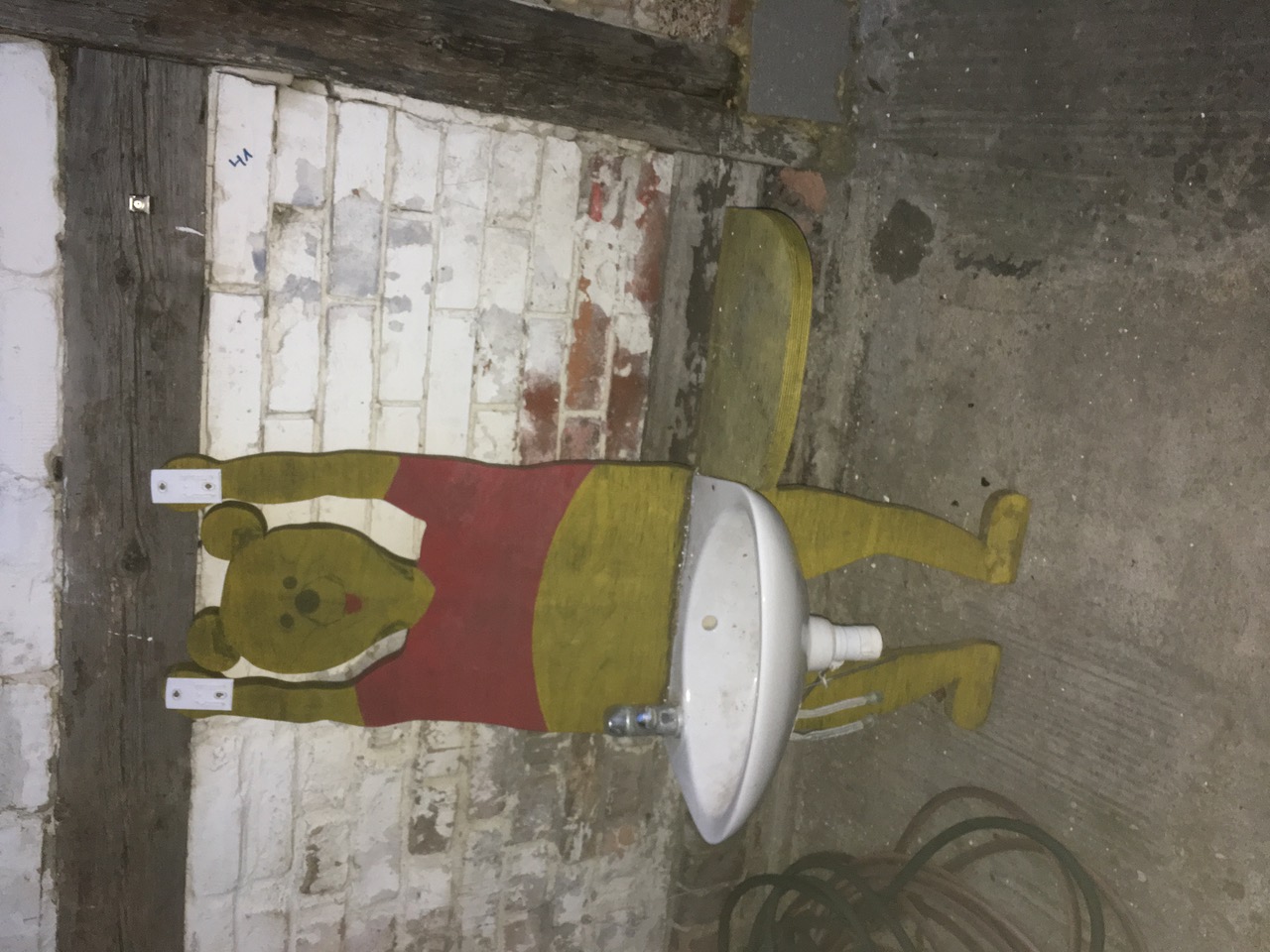

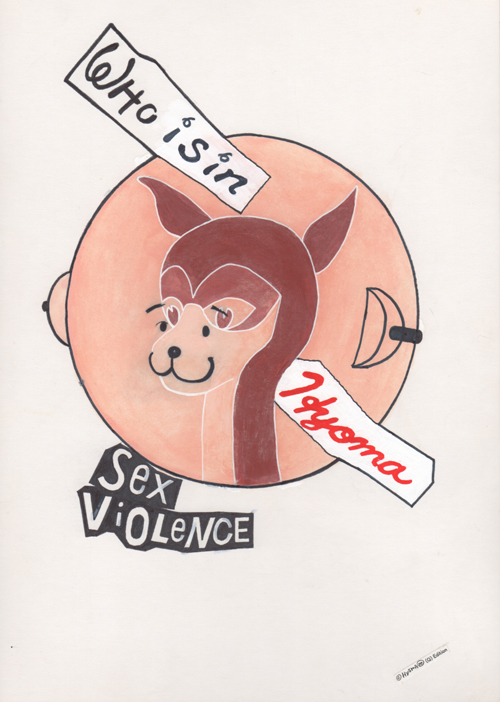
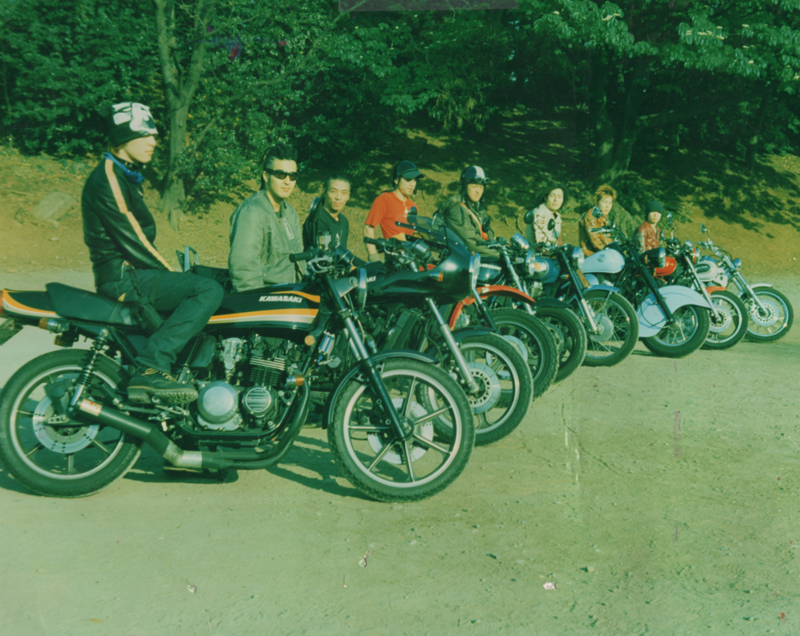

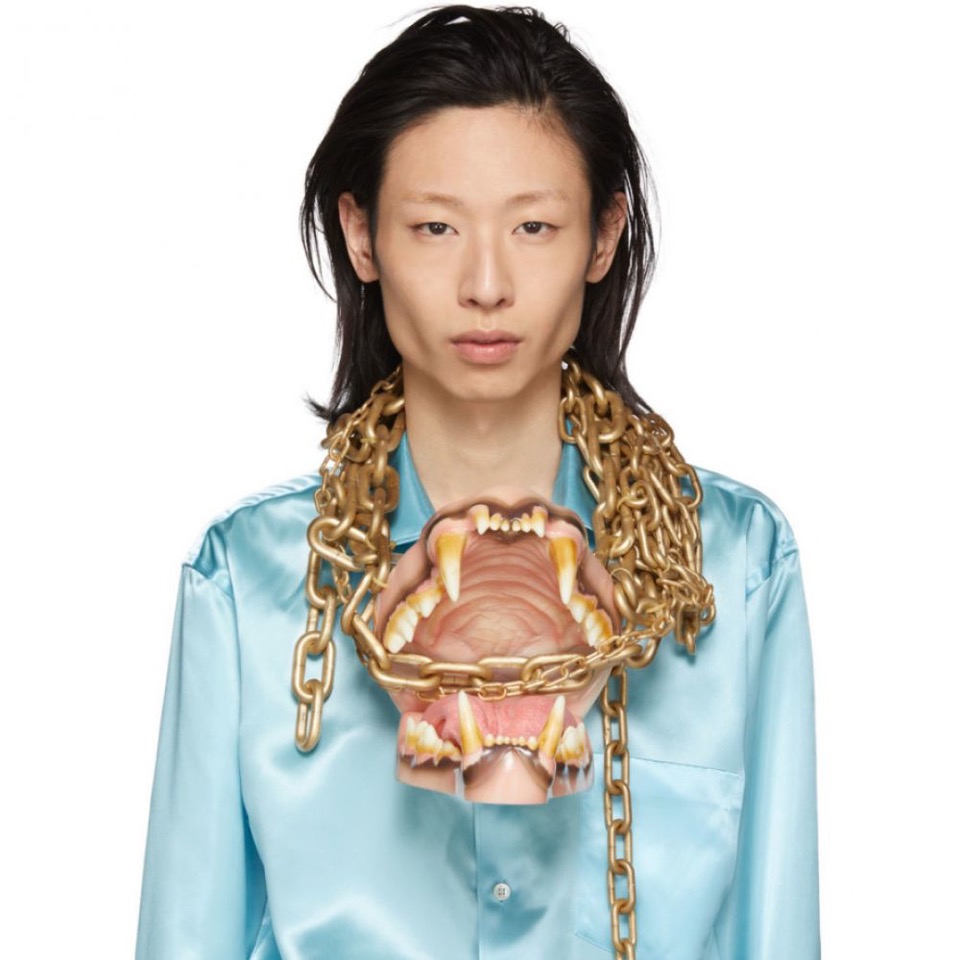
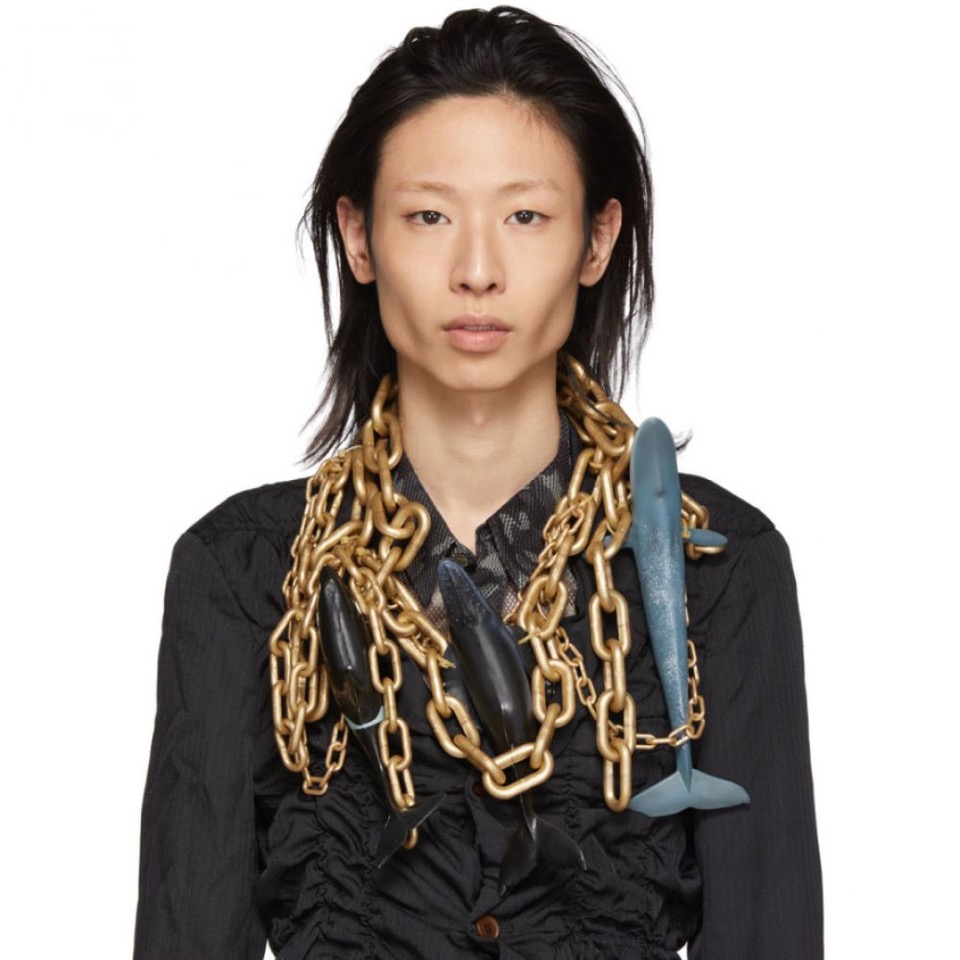

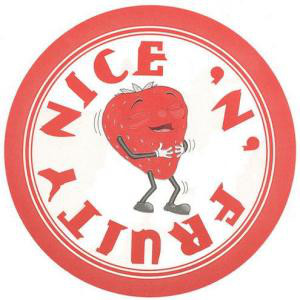
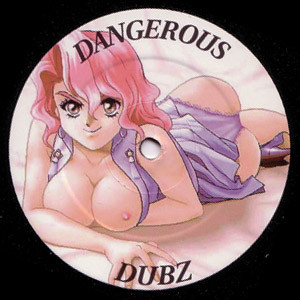
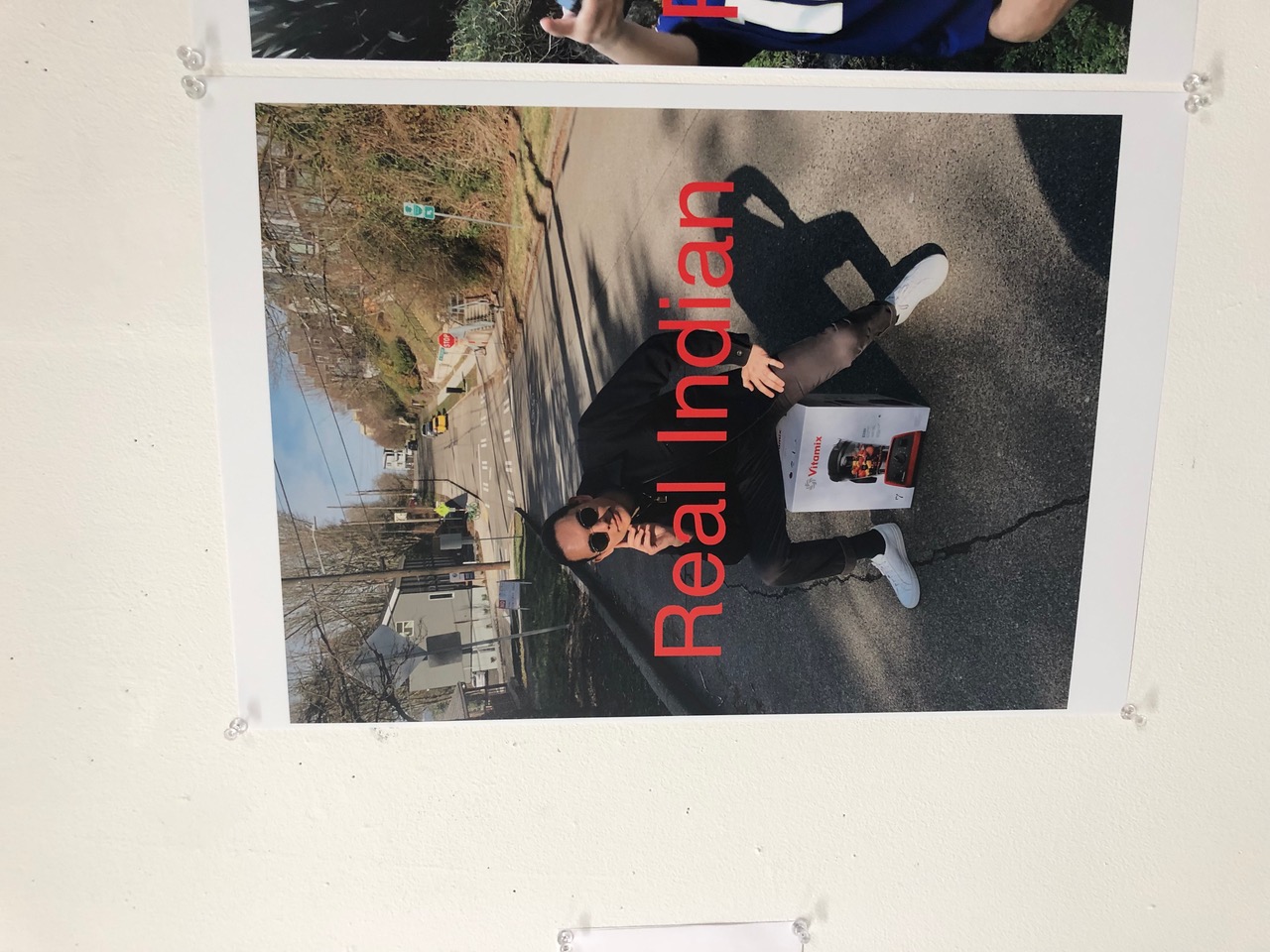

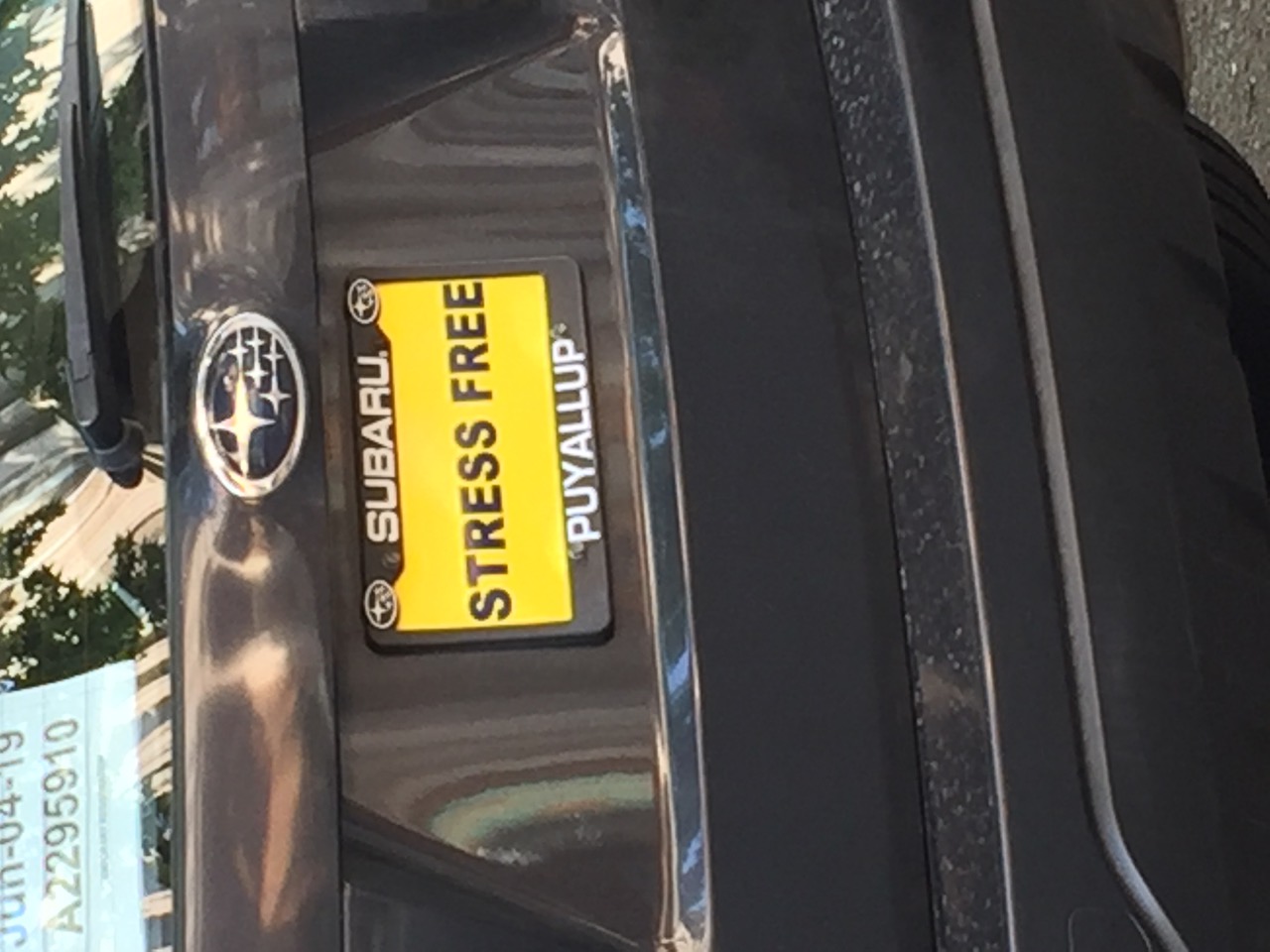
I'm sure you have seen the very writer I'm talking about. He, for it is invariably a he, might be wearing some sort of corduroy or tweed blazer, or heavy knit shawl collar cardigan, a button down Oxford shirt, chinos, and polished leather shoes (often loafers or brogues). He is usually drinking some sort of aperitif (or just drinking something, as long as it’s alcohol), and smoking, whilst staring off the page contemplating lofty matters. I know I am not the first to have studied the portraits of dead writers, hoping that, by dressing like them, I would become them. Yet no matter how hard I tried to dress like John Cheever, the substance of being John Cheever still eluded me. I suppose that is why I eventually came to the conclusion that, if I was going to be a writer, I would have to actually write something, one word after another, hoping that I would eventually get somewhere. And by somewhere, I meant anywhere. Anywhere where people would recognise just how far I had come, and celebrate my arrival. Acknowledging that here was a real writer, who did not compromise for anybody. So I did try to write one work after another, until they created a sentence. Yet the more I stumbled onward, picking myself up after each failure to describe just what it was I meant, the more my objective outran me.
My tweet jacket, Oxford shirt, and chinos appeared to me to be the same as those worn by someone like John Cheever. And yet, when you examined them more closely, it was obvious that someone like John Cheever’s outfits were far superior to the ill-fitting versions which I had been acquiring in charity shops. Much like the quality of my writing, the quality of clothes made fifty years ago was superior to the mass produced, cheap, knock-off versions that wound up in today’s charity shops. This chunky roll neck sweater was so inferior to the one which Ernest Hemingway had worn, that you might as well compare the finest French butter to margarine. I can now see that John Cheever’s loafers wouldn’t have had rubber soles made in China. When I entered libraries to take my place amongst the mass of other aspiring writers, I had to walk on tiptoes, my squeaking soles disturbing the other readers who would glare at me and my loafers. This caused me to shrink from trying to express what I really meant to say, to turn away and blush. How had this fact evaded someone who prided themselves on their keen sense of observation? I wasn’t sure, but when I reexamined my writings, I began to see the error of my ways. I had obviously been wearing the wrong clothes. It was whilst browsing the autumn/winter 2010 menswear collections that I realized that, with a sufficient clothing budget, I could now be any one of the writers who I had previously sought to be, without writing a single word. I could be Cheever, Hemingway or, for that matter, Chaucer. The trouble was that, having spent so long living in the manner I associated with being a real writer (essentially - trying to salvage the leftovers from charity shops), I had sacrificed every opportunity to pursue an occupation that would have allowed me to earn a decent living. Had I actually been one of the writers that I aspired to, I would, at today’s prices, have had to write something far more commercial than they ever needed to, just to be able to afford to dress as myself. I saw that I had no choice but to continue as before, trying to write one boring word after another, in a bid to get somewhere.
“Everyone wants to admit they are in the worst best groups, but we were the best worst group,”
I am not sure where I first heard about the clothes shop that was offering to trade your old denim jeans, plus half their retail value, in exchange for a new pair. But as I was unable to afford a new pair, I wanted to take advantage of the offer. The old jeans would be sold as vintage for a higher price than the same style when new. The sales assistant that day was dressed exactly like John Cheever, and, taking my jeans from me, he had squinted at them in the manner in which I have seen experts appraise ancient Chinese teapots. Cheever paused to consider his expert opinion, before telling me then that, yes, they were certainly old, but not the sort of old they were looking for. He questioned me further, though, asking me if I had washed them in a washing machine. He advised me that, next time I bought a pair of jeans, I should avoid washing them for at least 6 months, until they smelled like peanut butter, and then only wash them inside out, by hand, in cold water before drying them upside down in natural sunlight, so as to achieve the correct shade of blue. I was taken aback, for here I was being told, at the age of 44, how to wash my jeans, and in front of an audience too.
Since returning to education, my attitude towards the world had begun to change. I wanted to be a nurse more than anything else in the world and, for the first time in my life, I felt a realness like no other. Whilst I had not saved any actual lives yet, I planned to save some in future. I had washed dishes, scrubbed pots, and gutted fish in these jeans, before crashing my bike riding home pissed from the pub. There are holes in both front pockets, so that any money that I have to my name I have to stuff in my back pockets, which has caused them to sag in a manner that begins with these pockets, before influencing the rest of my behind. These jeans that you are now holding to the light, so that you can inspect them more closely for signs of authentic wear and tear, are the result of a new leaf i have turned. I no longer have time to wash my jeans by hand, in tepid soapy water, and instead I wash them in the machine on a hot cycle, using biological detergent, before letting them spin in the tumblr dryer. Whilst I did not say any of this, I wanted him to know that, if the jeans you wear are to become the person you are, as they mingle with your very being, these tatty jeans are the genuine, real, sincere, me. Even if they have been washed on a warm cycle. Because, at my age, I am running out of time, and I no longer want to repel people. If the great Richard Brautigan was still alive, he would have used a washing machine for convenience, and this would not make him any less real than if he had washed his jeans by hand in a wooden tub, like the country singer Hank Williams once did. I will go even further, and say that Hank Williams would have used a washing machine had he been alive today. I know that I am neither Richard Brautigan nor Hank Williams, but these jeans, every last yellowing stitch in them, every greas stain, every worn out hole and spliff burn, are the real, authentic me. But he must not have heard what I was thinking, as he put my jeans down on the counter without further ado, before delivering his verdict. I can feel the other customers listening, before glancing at my old jeans, so they would know how their jeans might look if not washed properly. I felt humiliated, but knew that this man is only doing his job, and I didn’t mention that I once worked in a shop like this, and that that is why I have a pair of these same jeans in the first place. Instead I thanked him for his advice, though I have no intention of following it, now or ever. Nor could I afford a pair of jeans at full price, so I stuffed my old ones back into my bag before wishing him well. That afternoon, still fuming from my experience at John Cheever’s hands, I cycle over Tower Bridge, to the Tate Modern, to buy my father a birthday card. The shop assistant asks if I wanted a bag and I tell him, I will not need a bag or a receipt. I do not say this in an arrogant tone, but he replies that a bag and a receipt will prevent me from being ashamed if security should stop me. Instead I say that I refuse to be ashamed.



